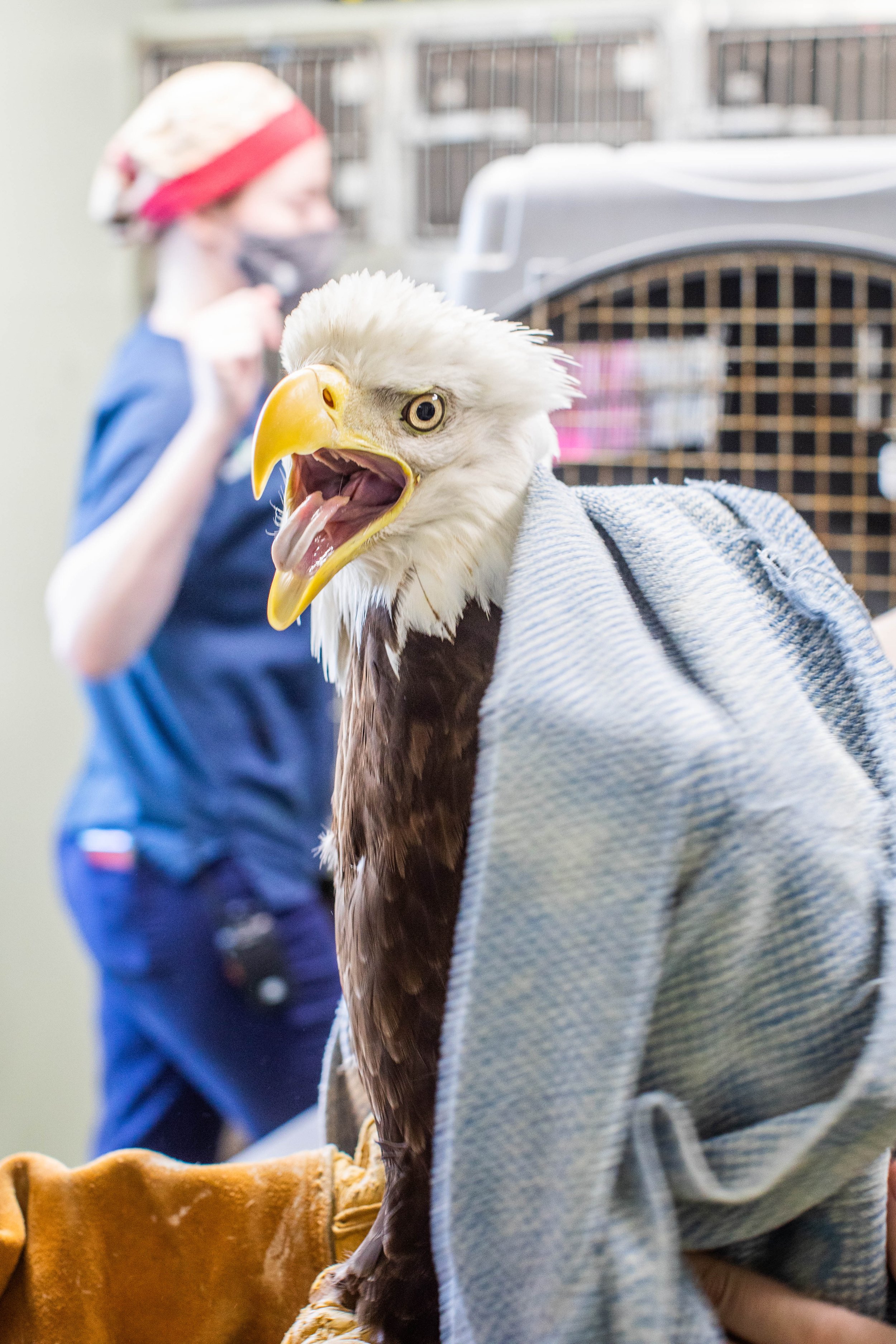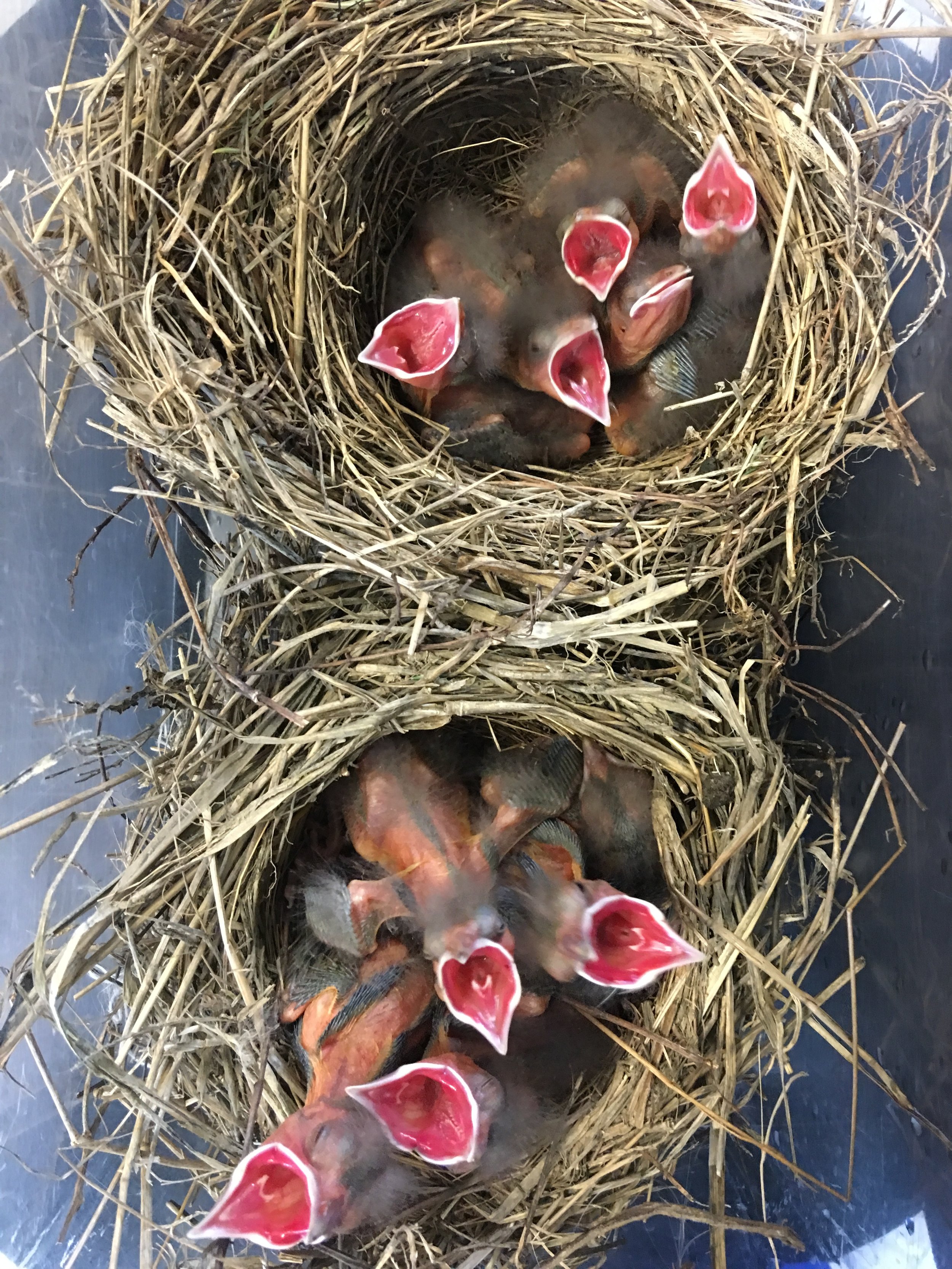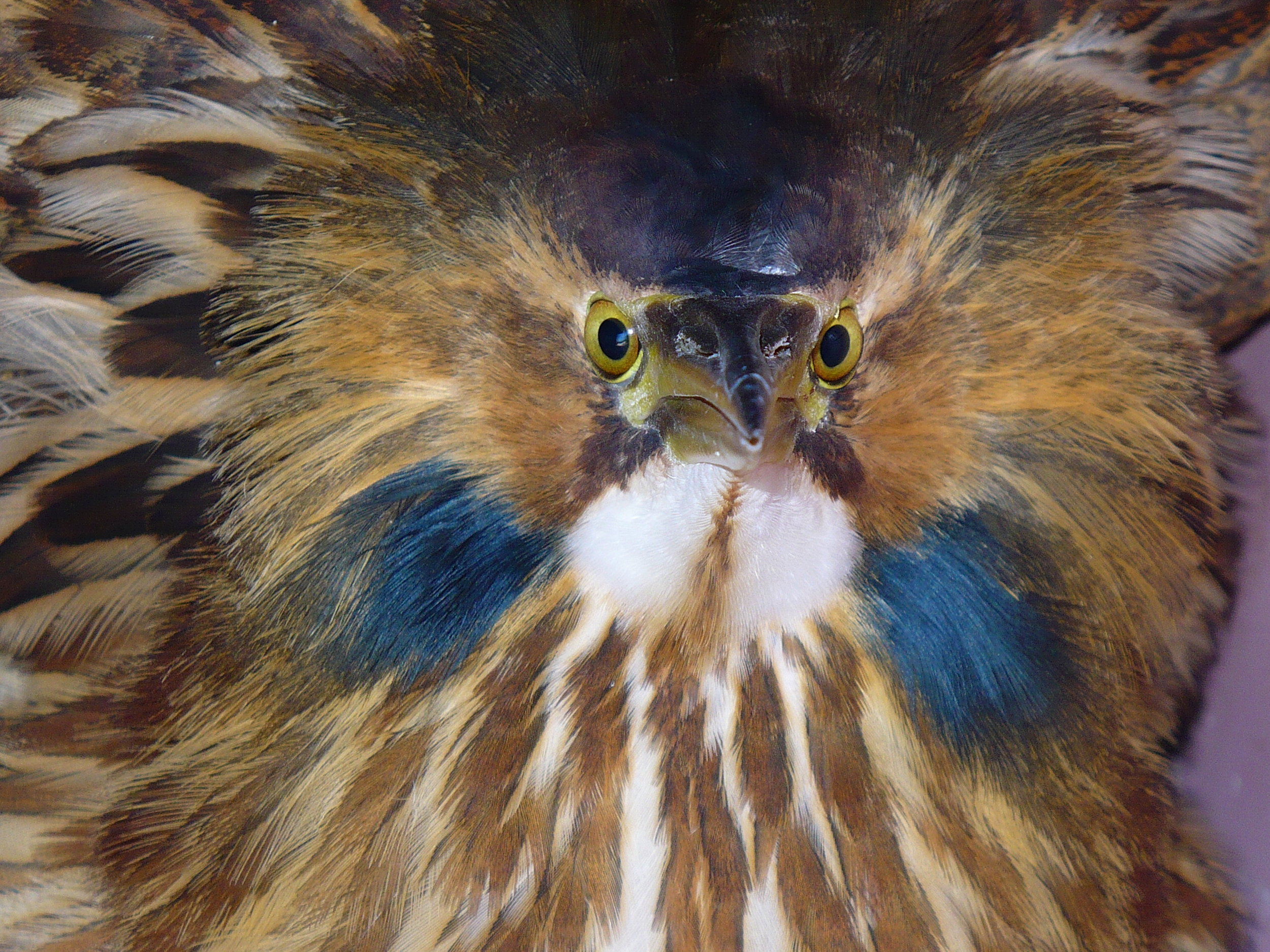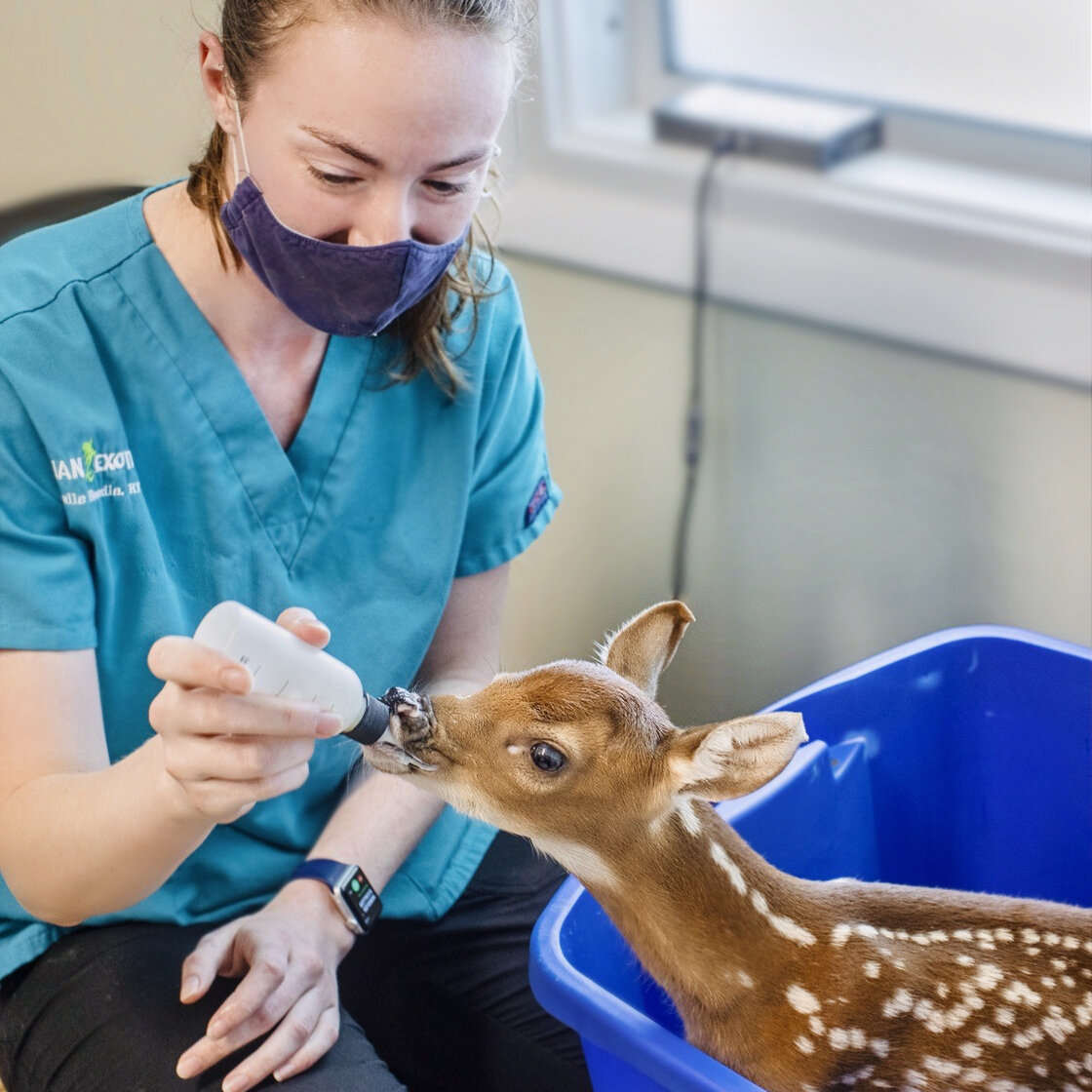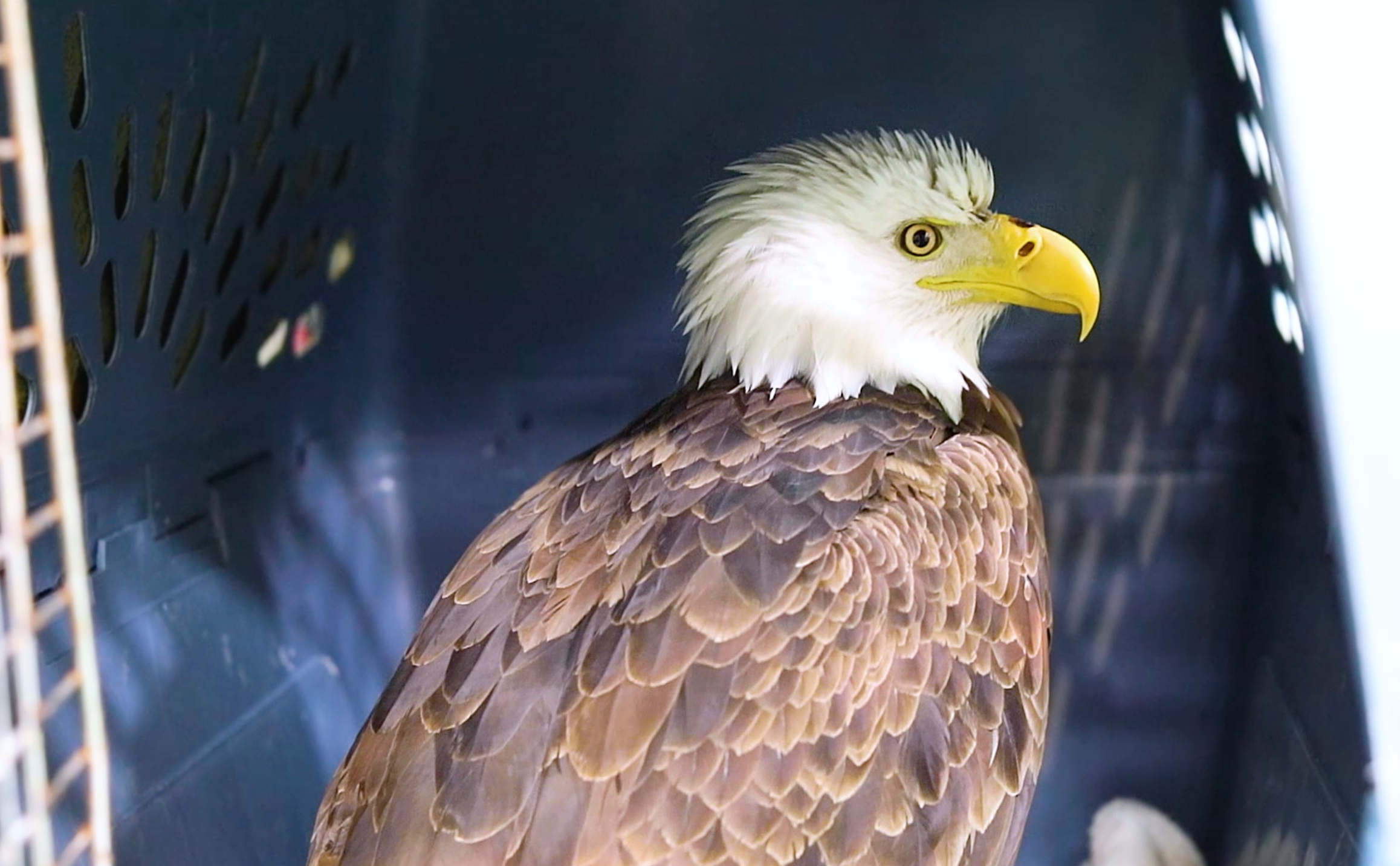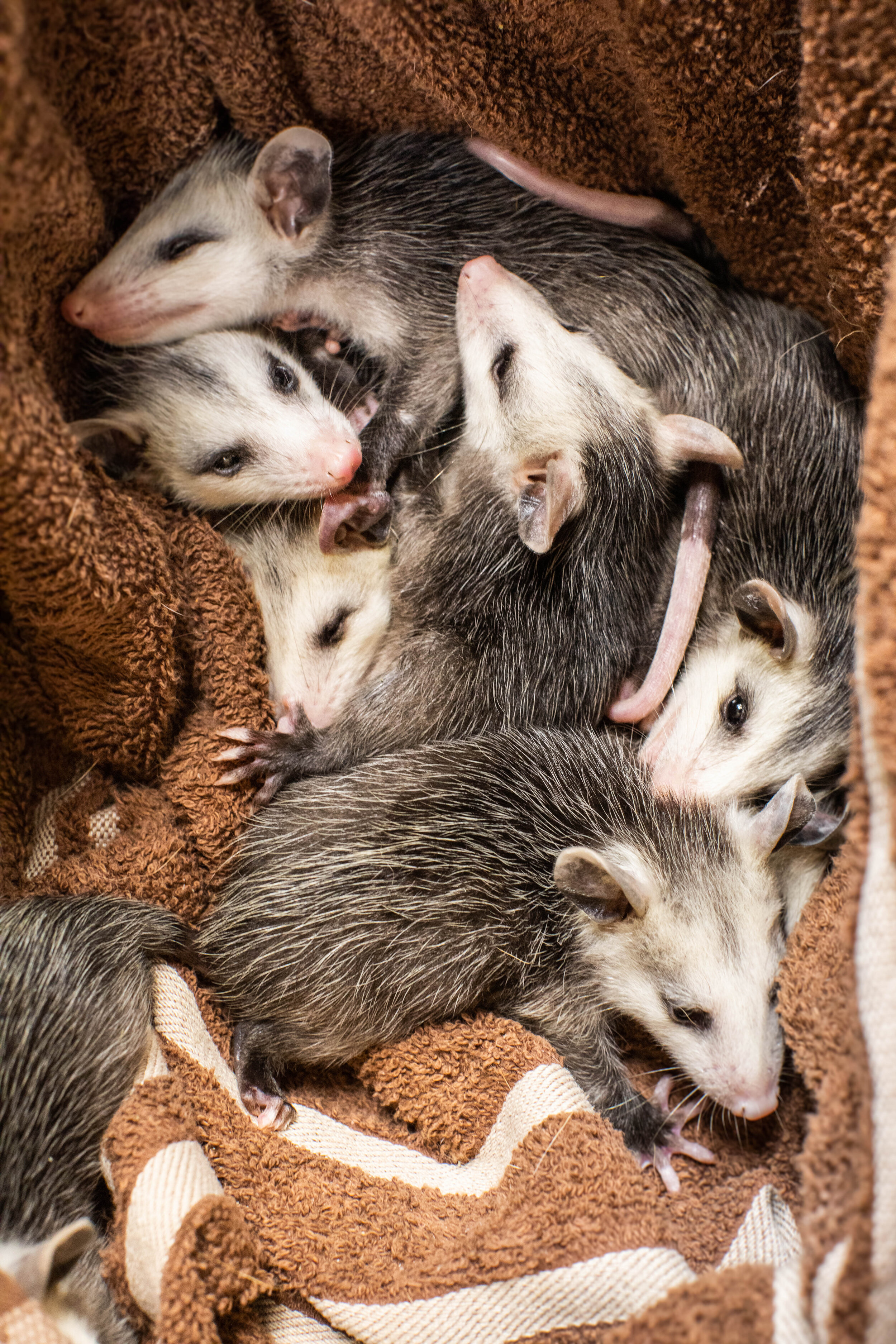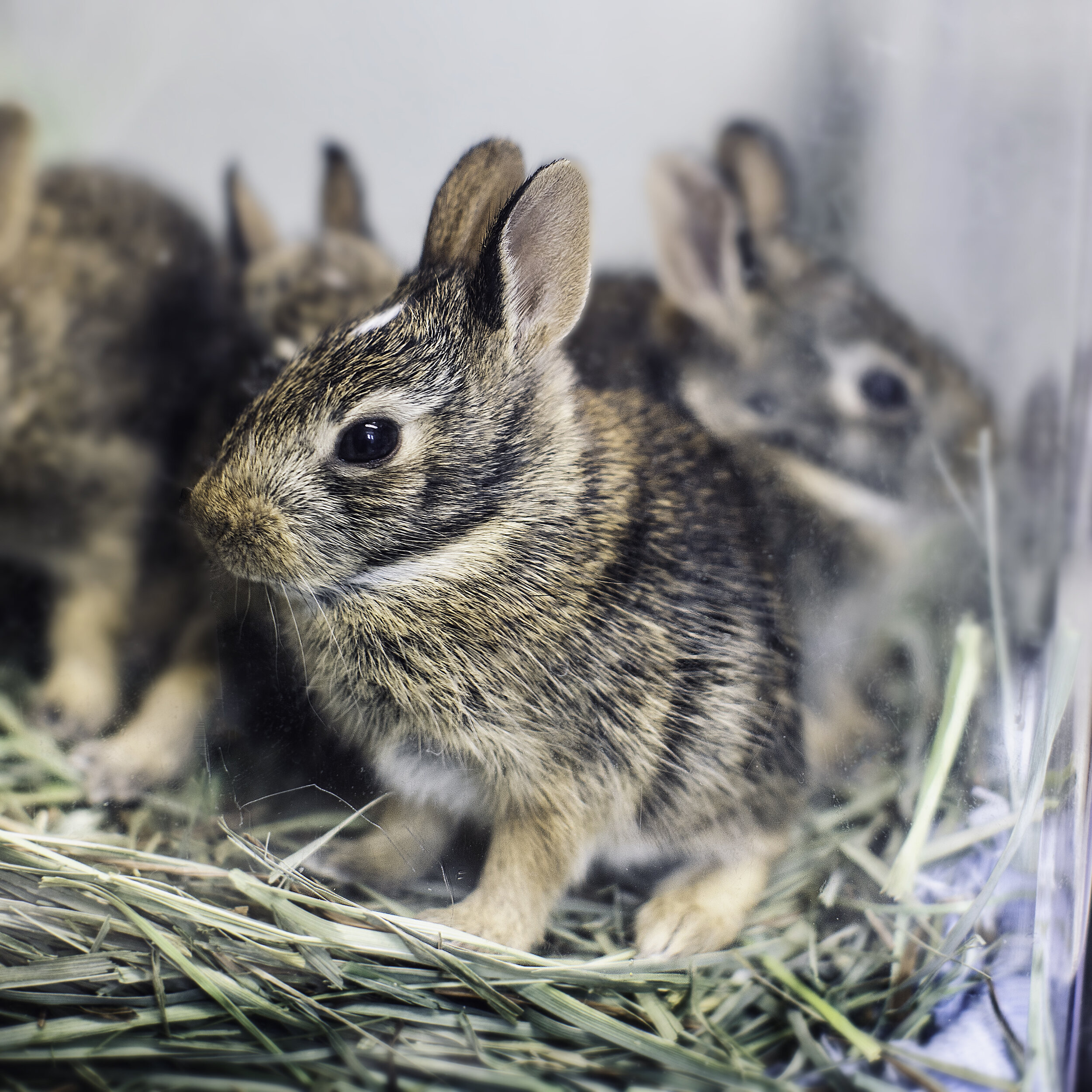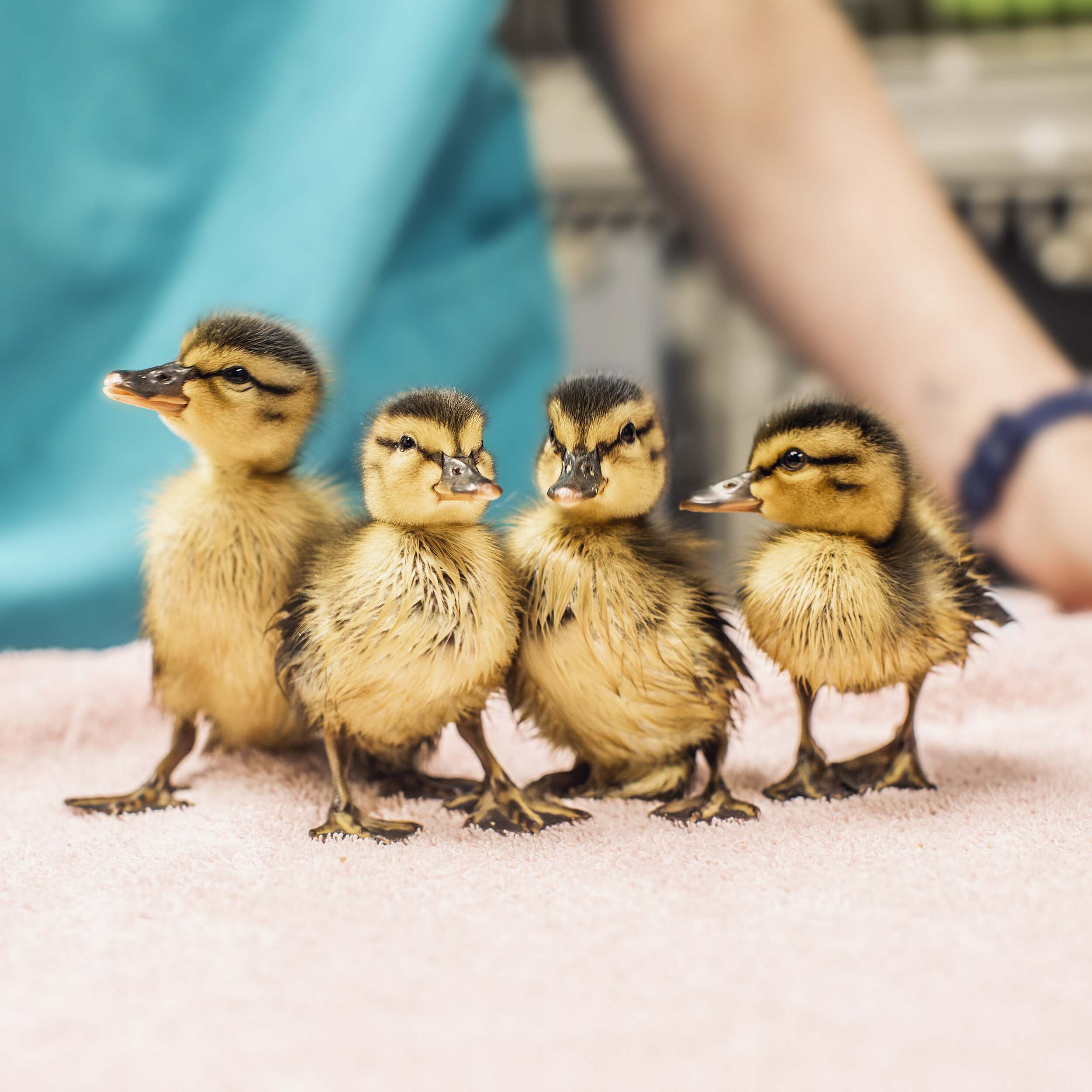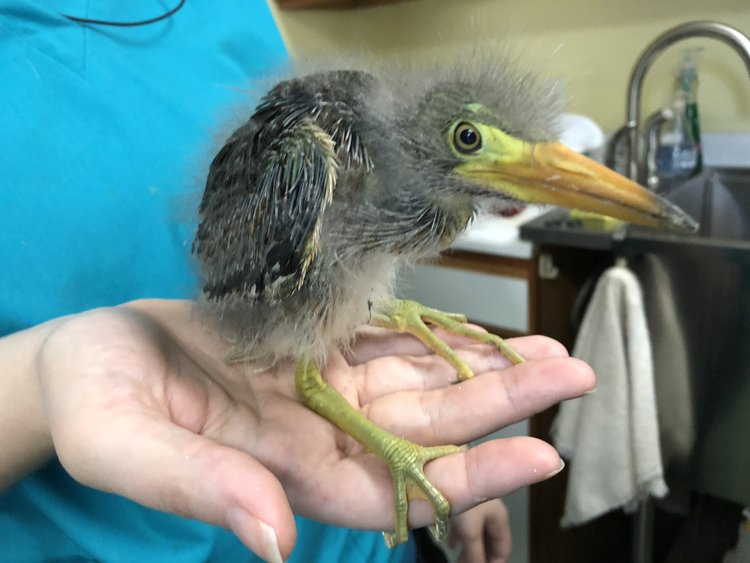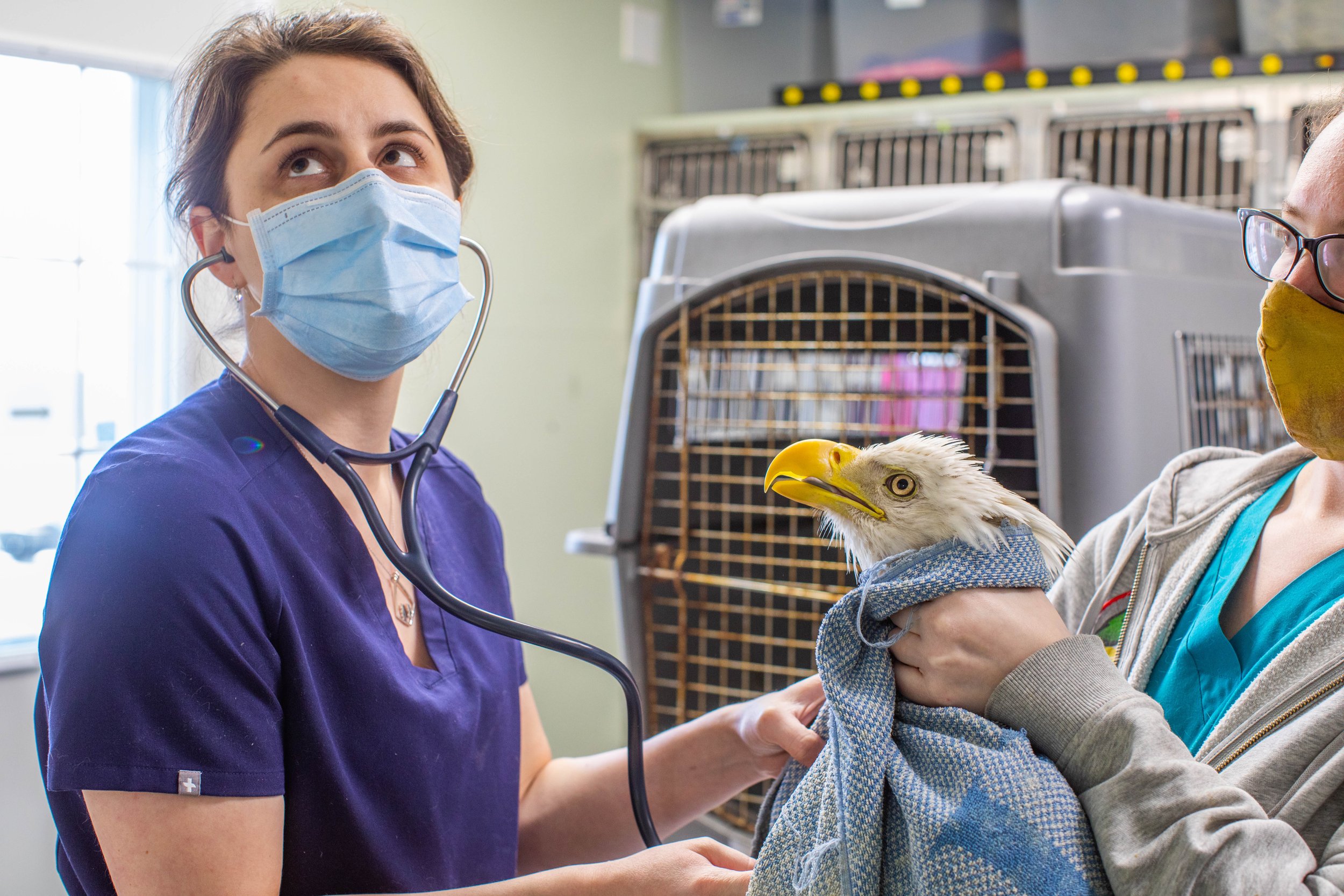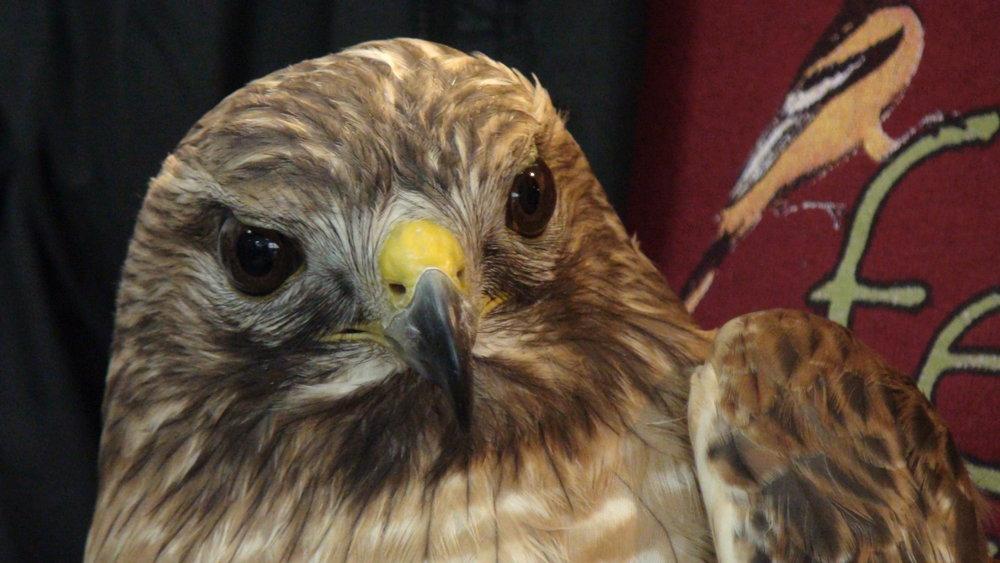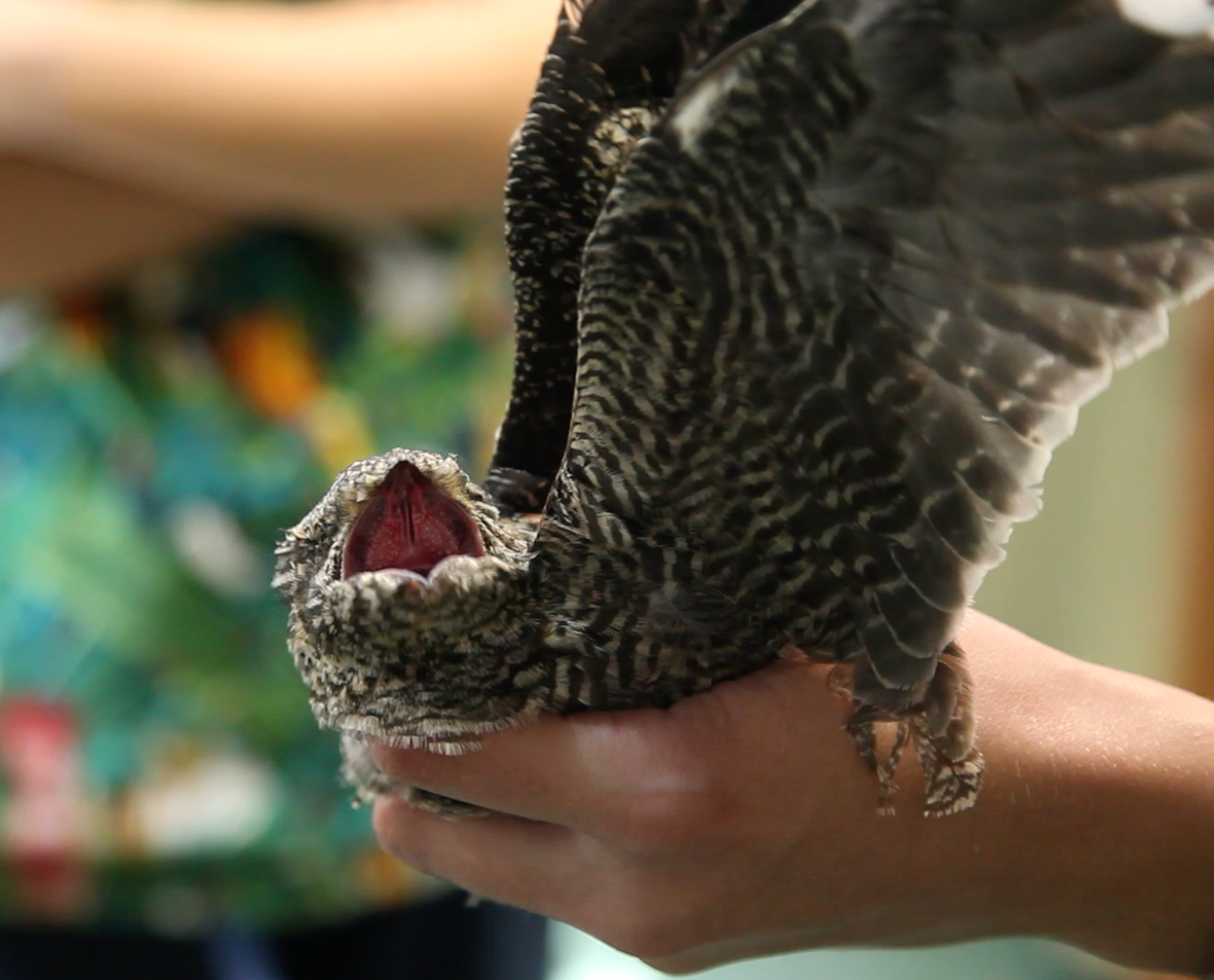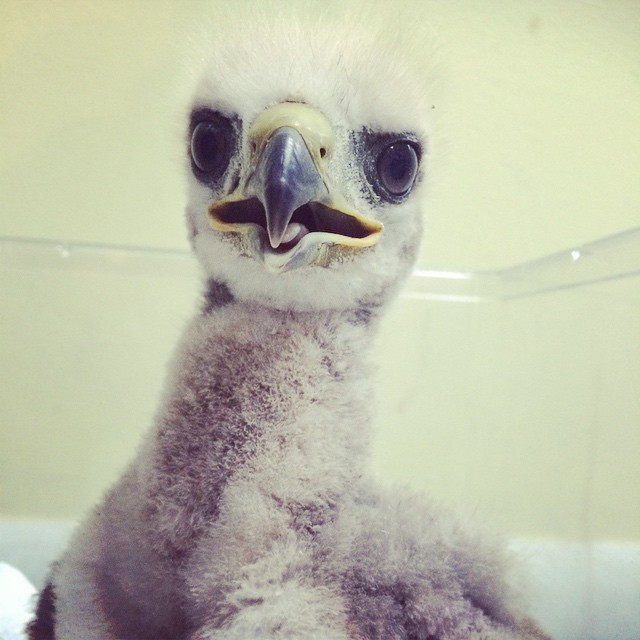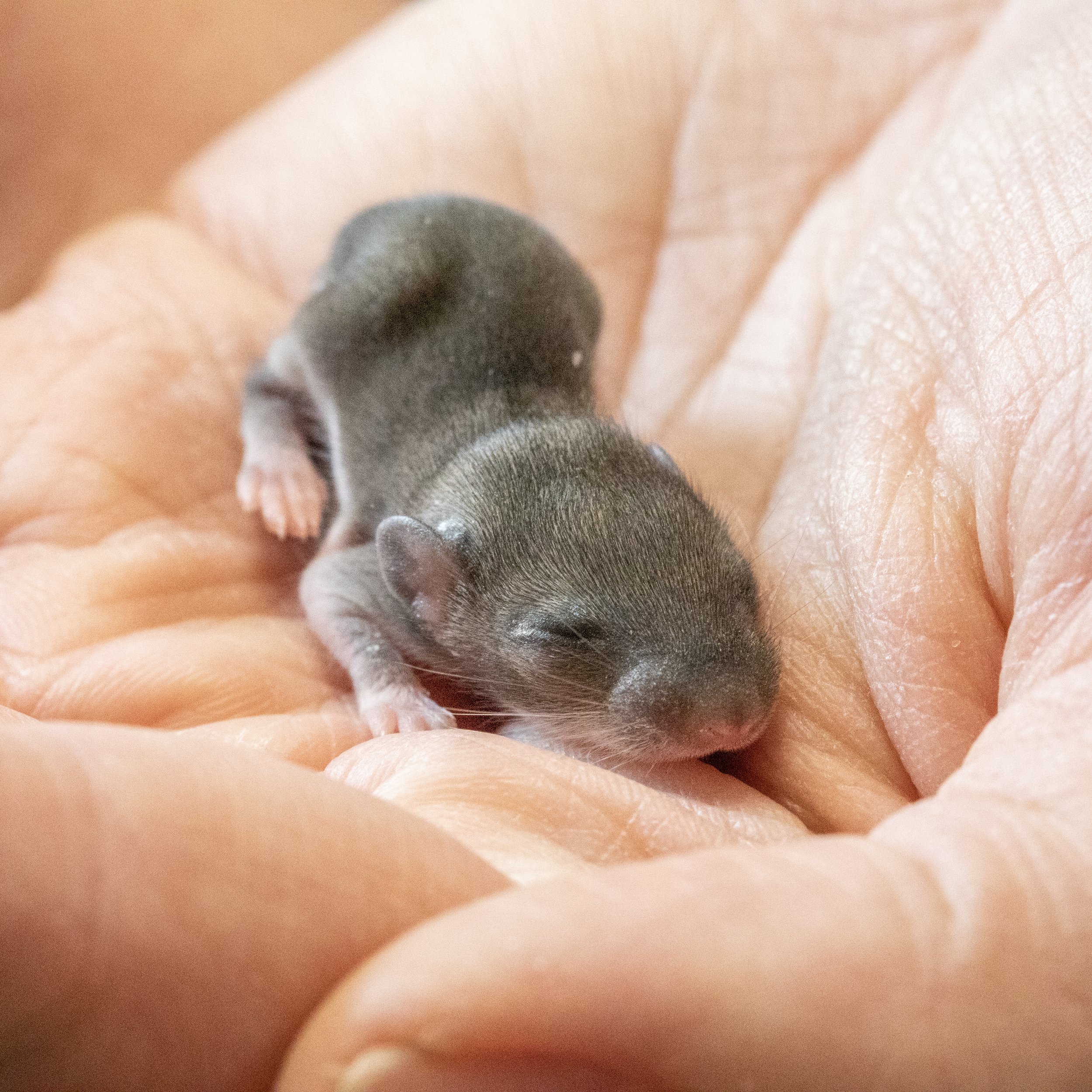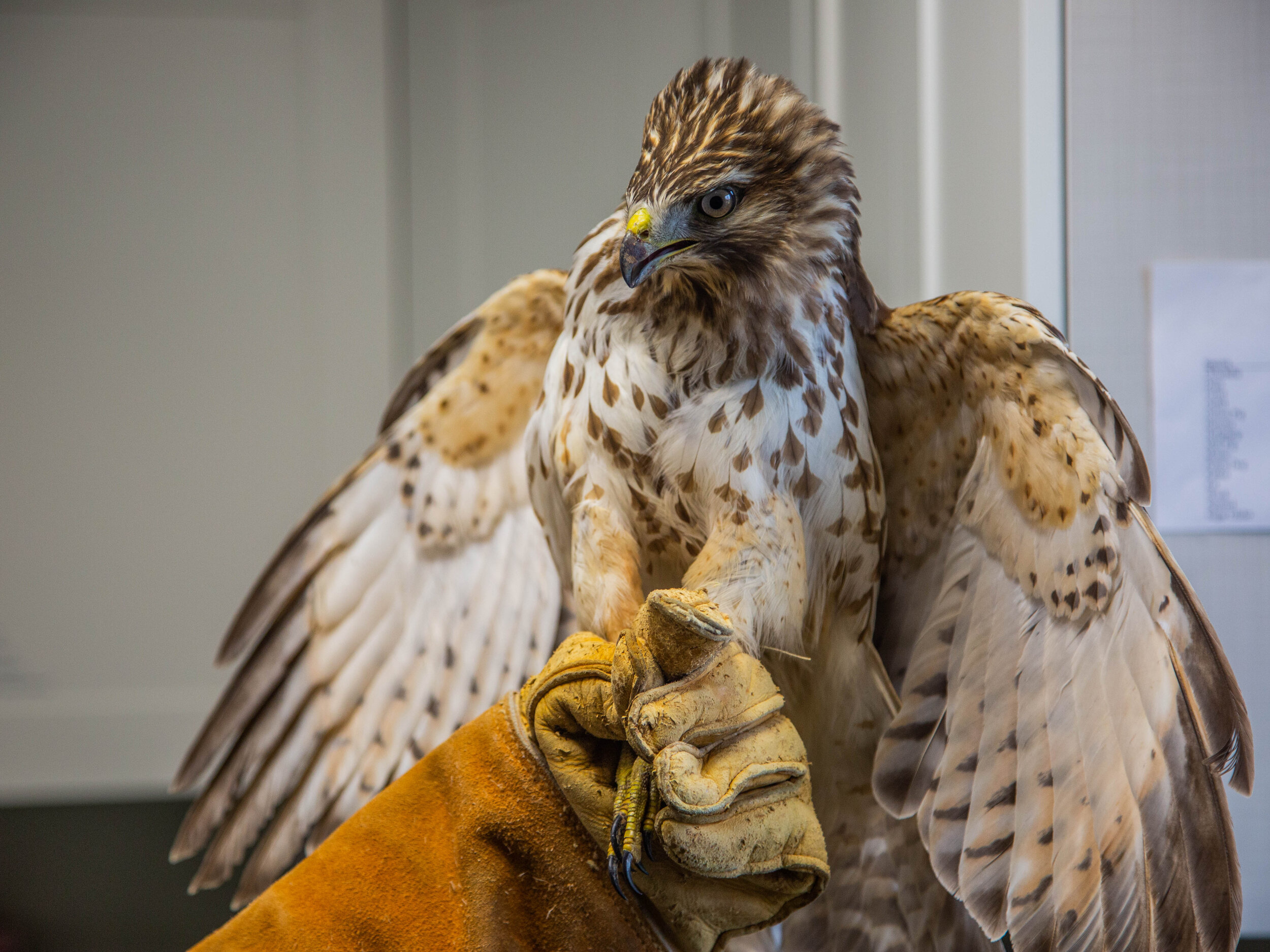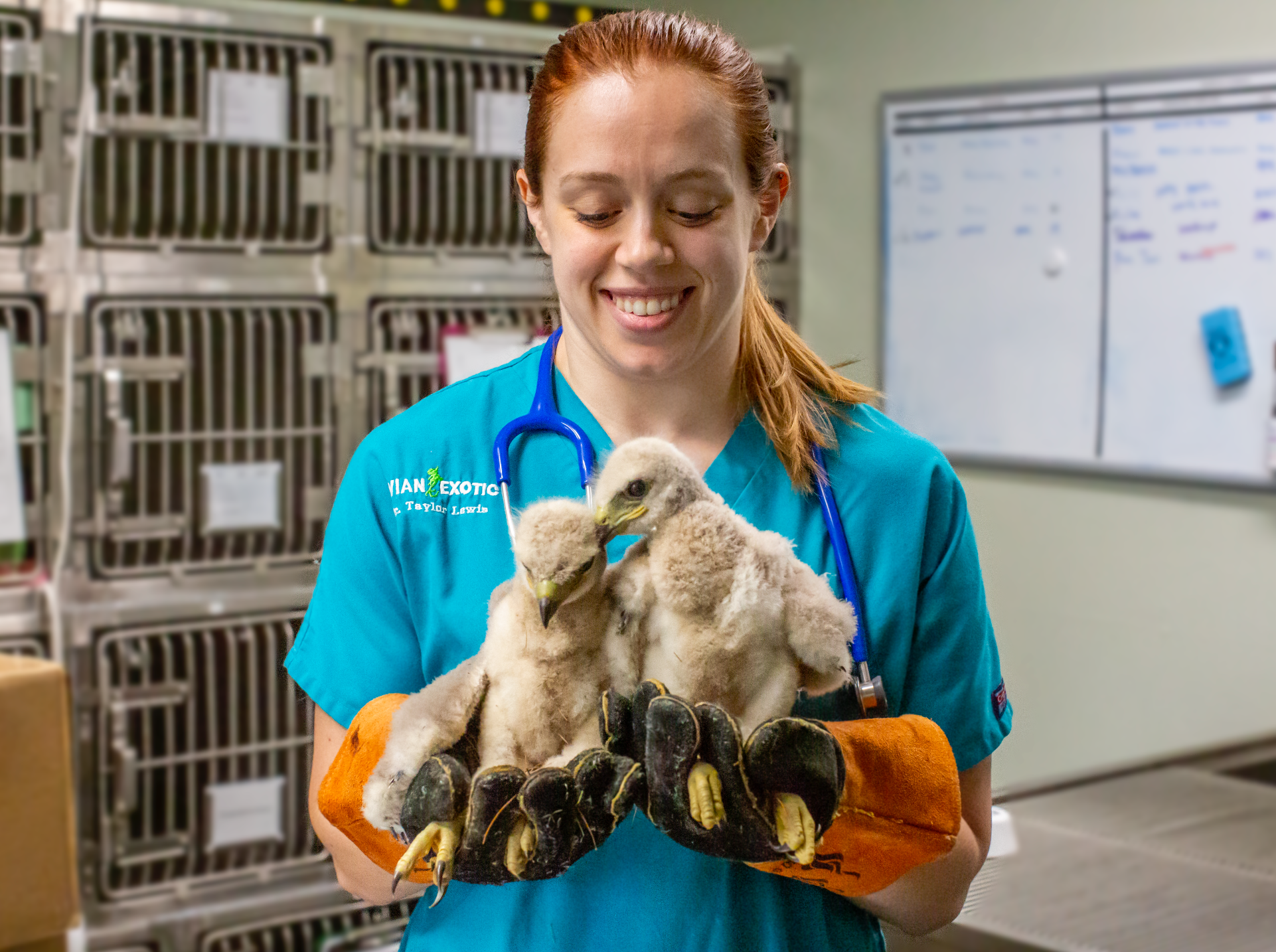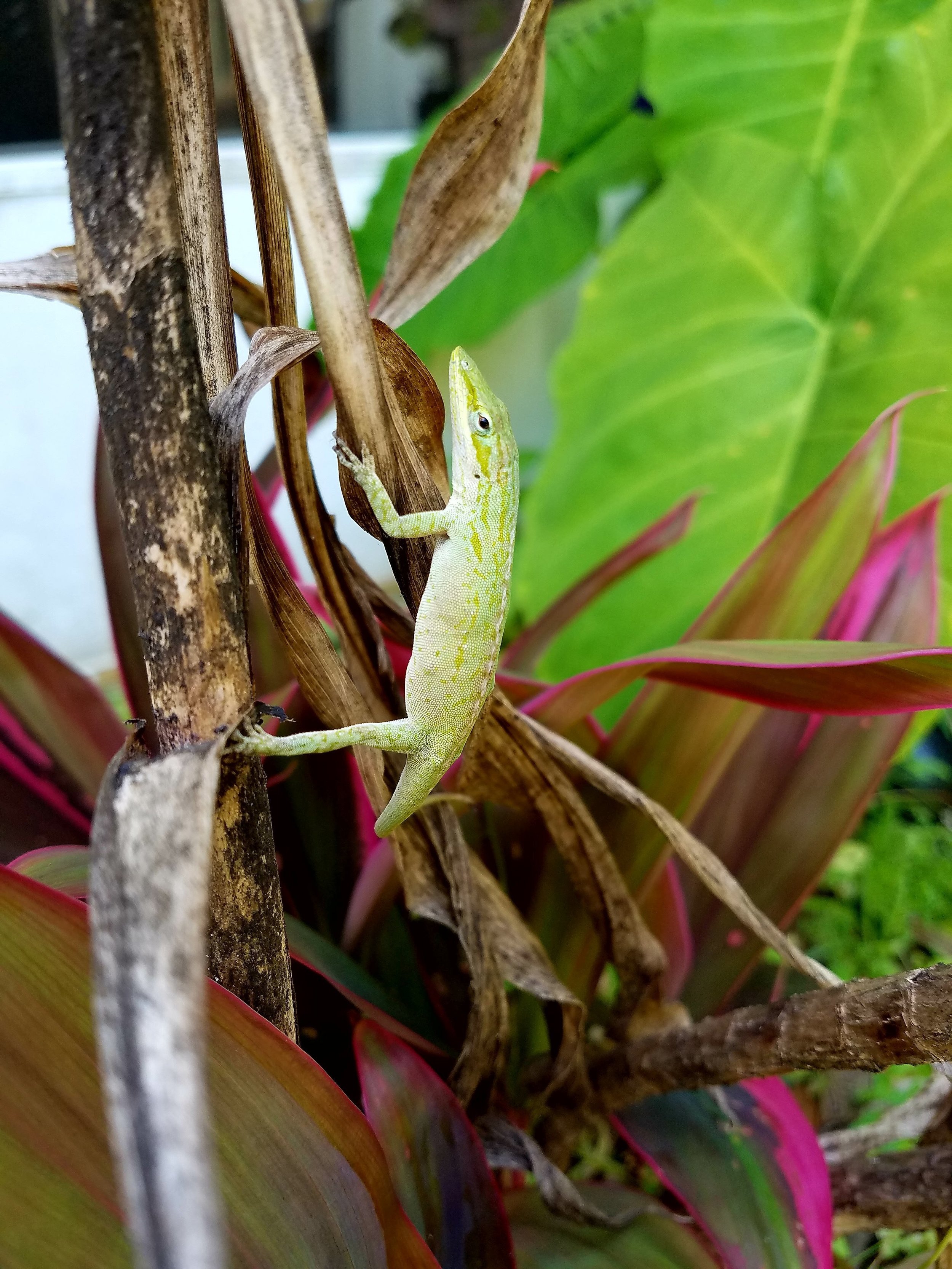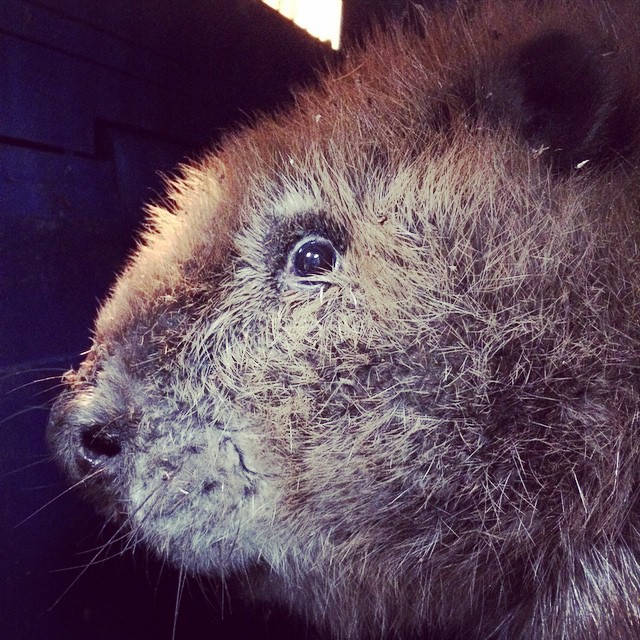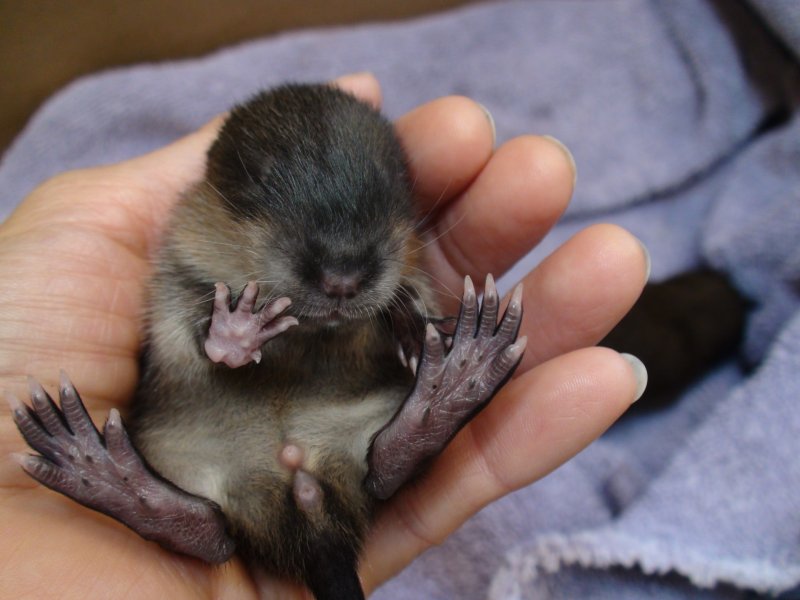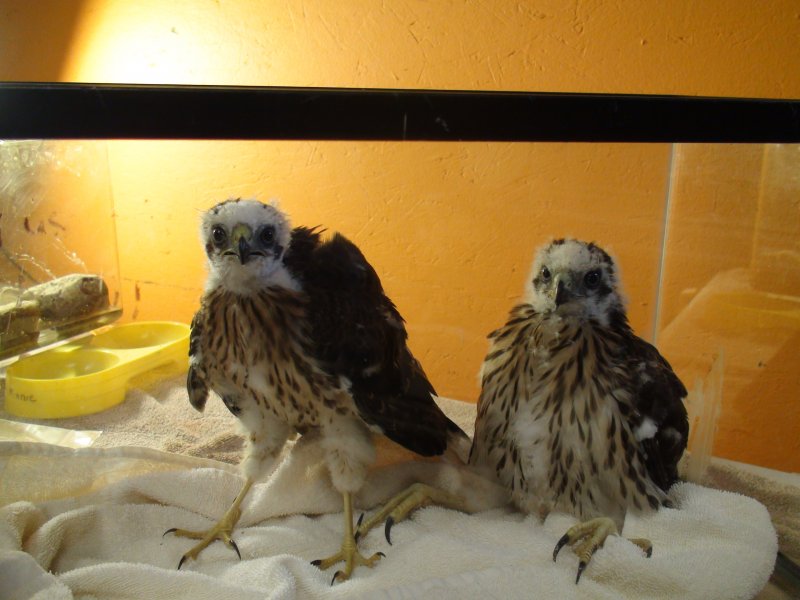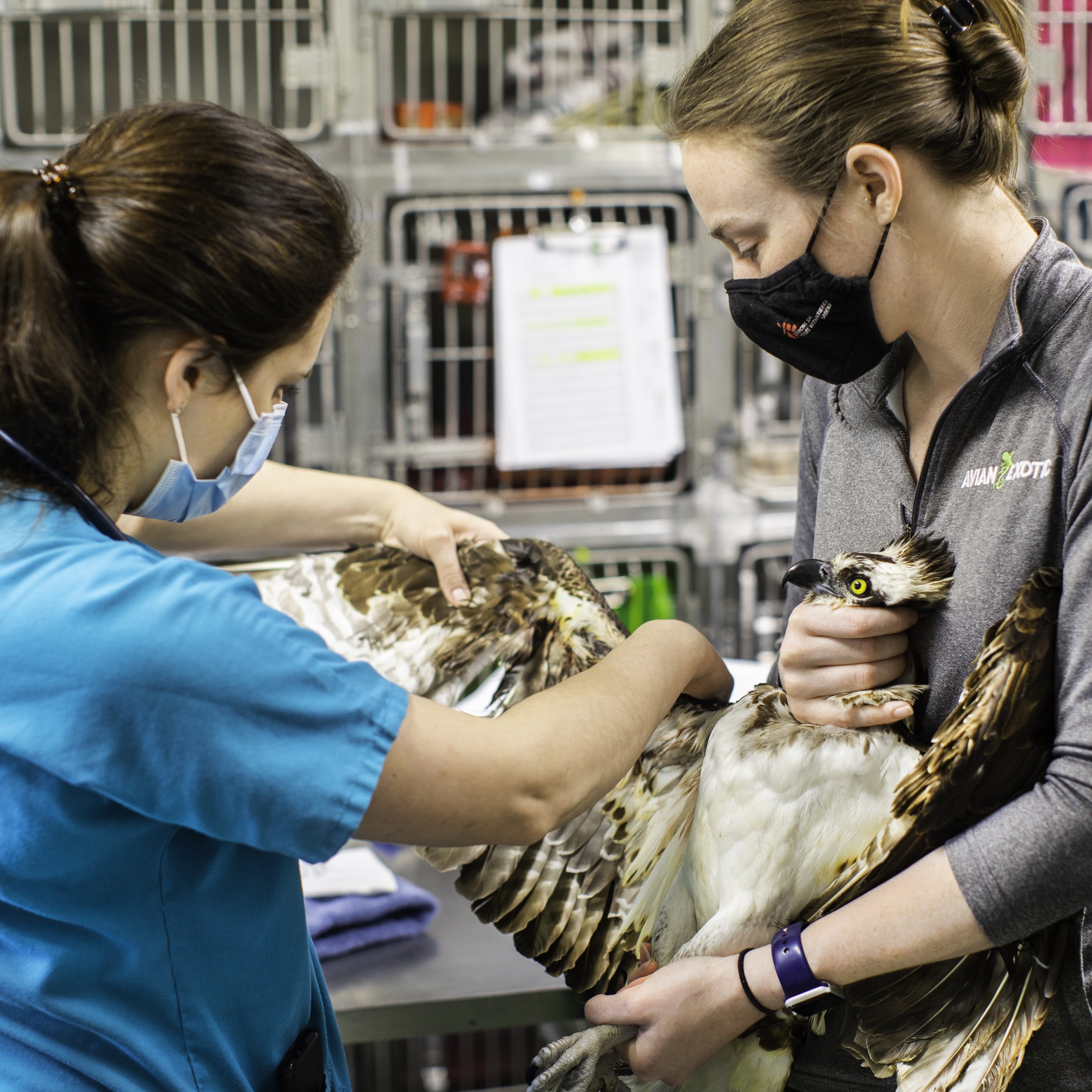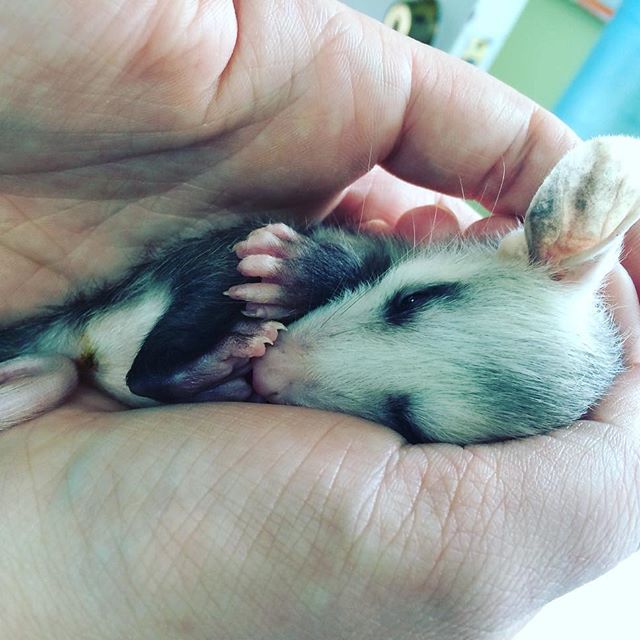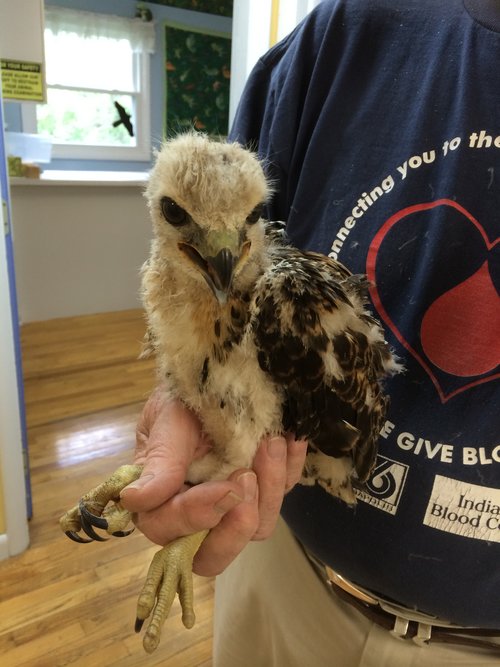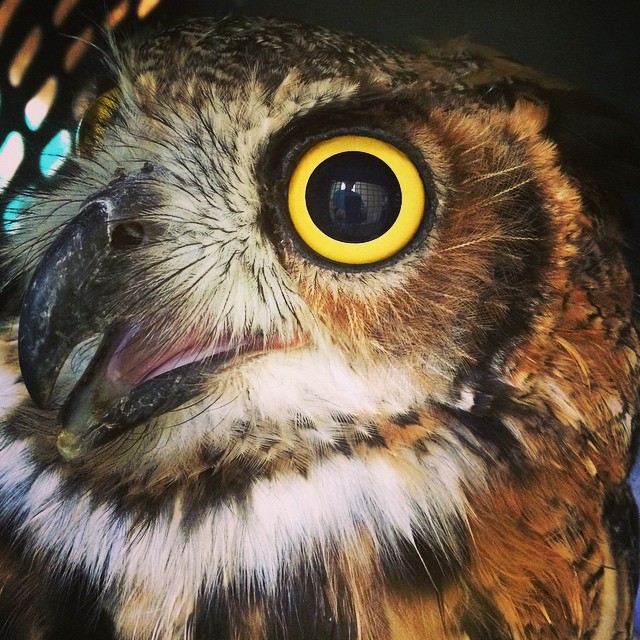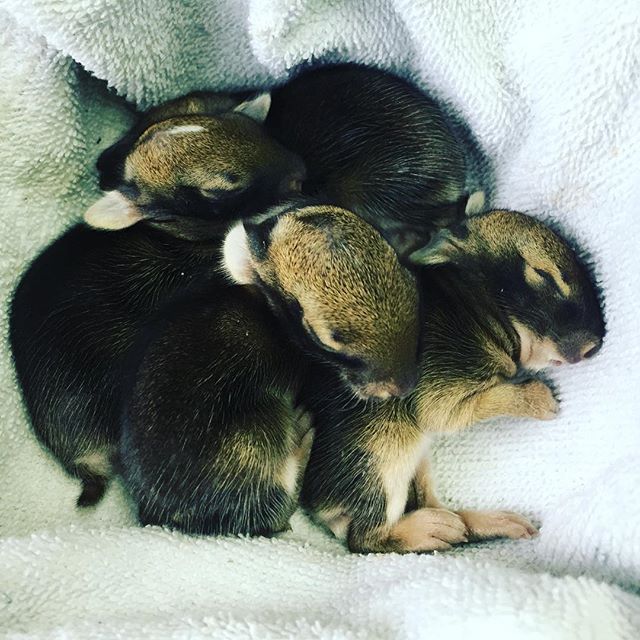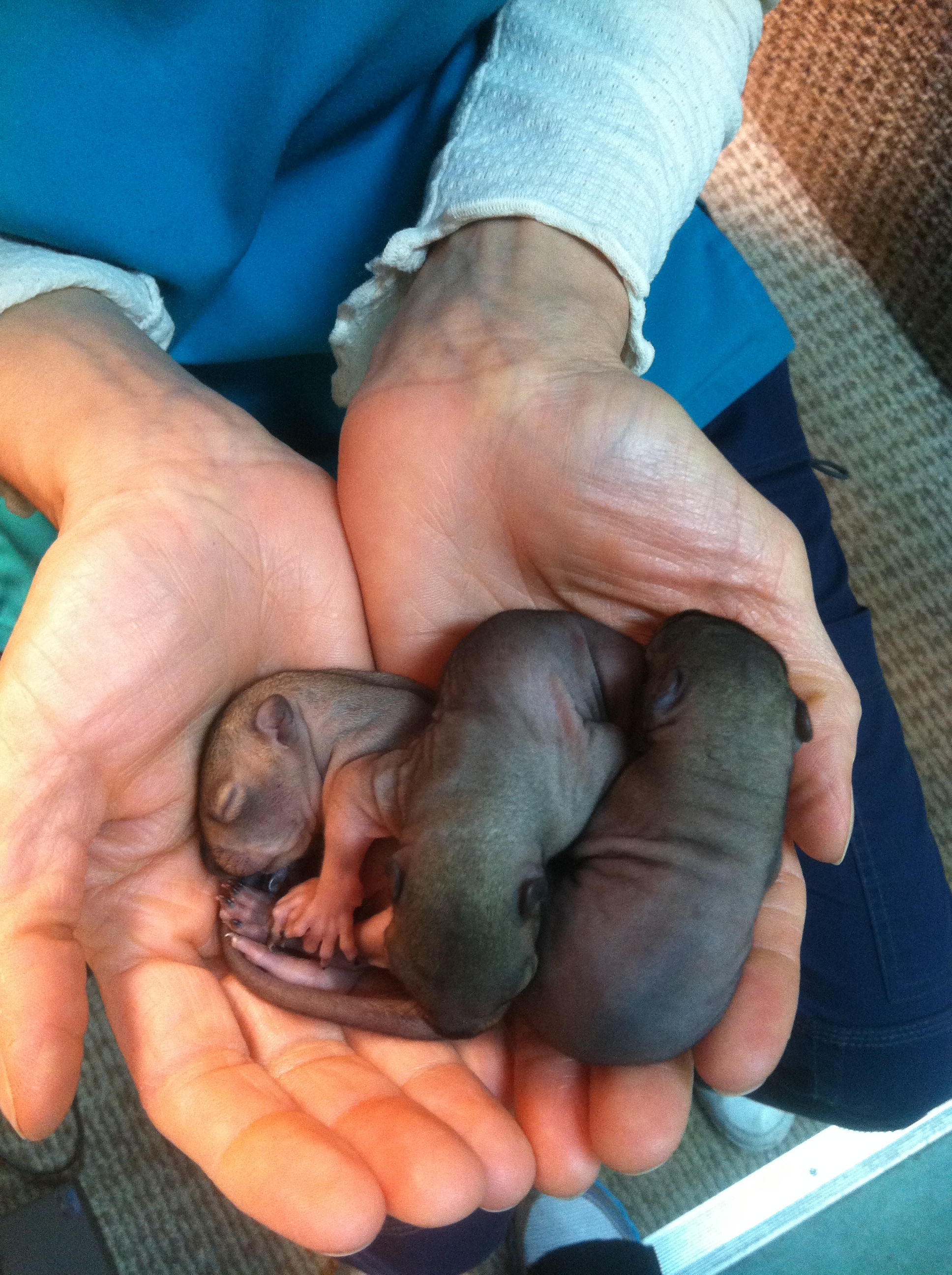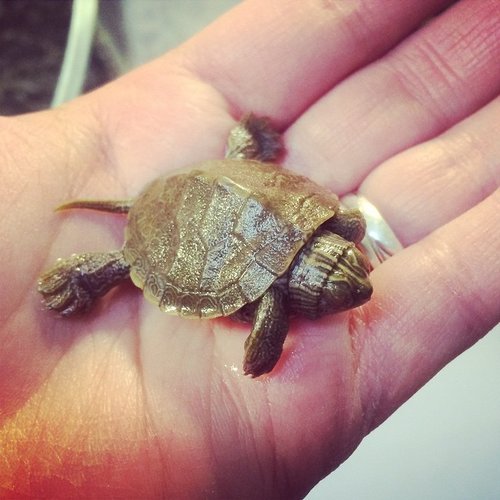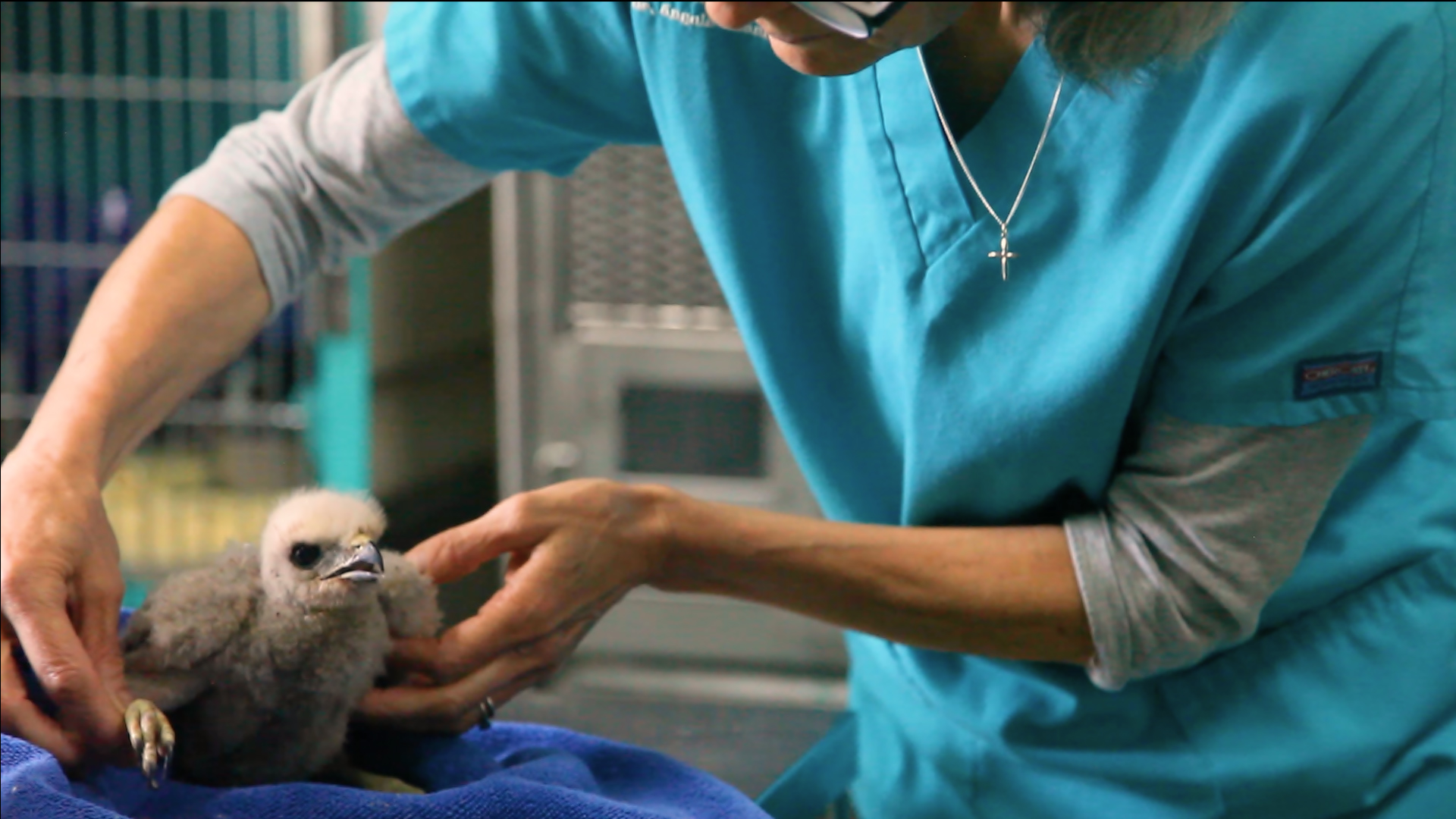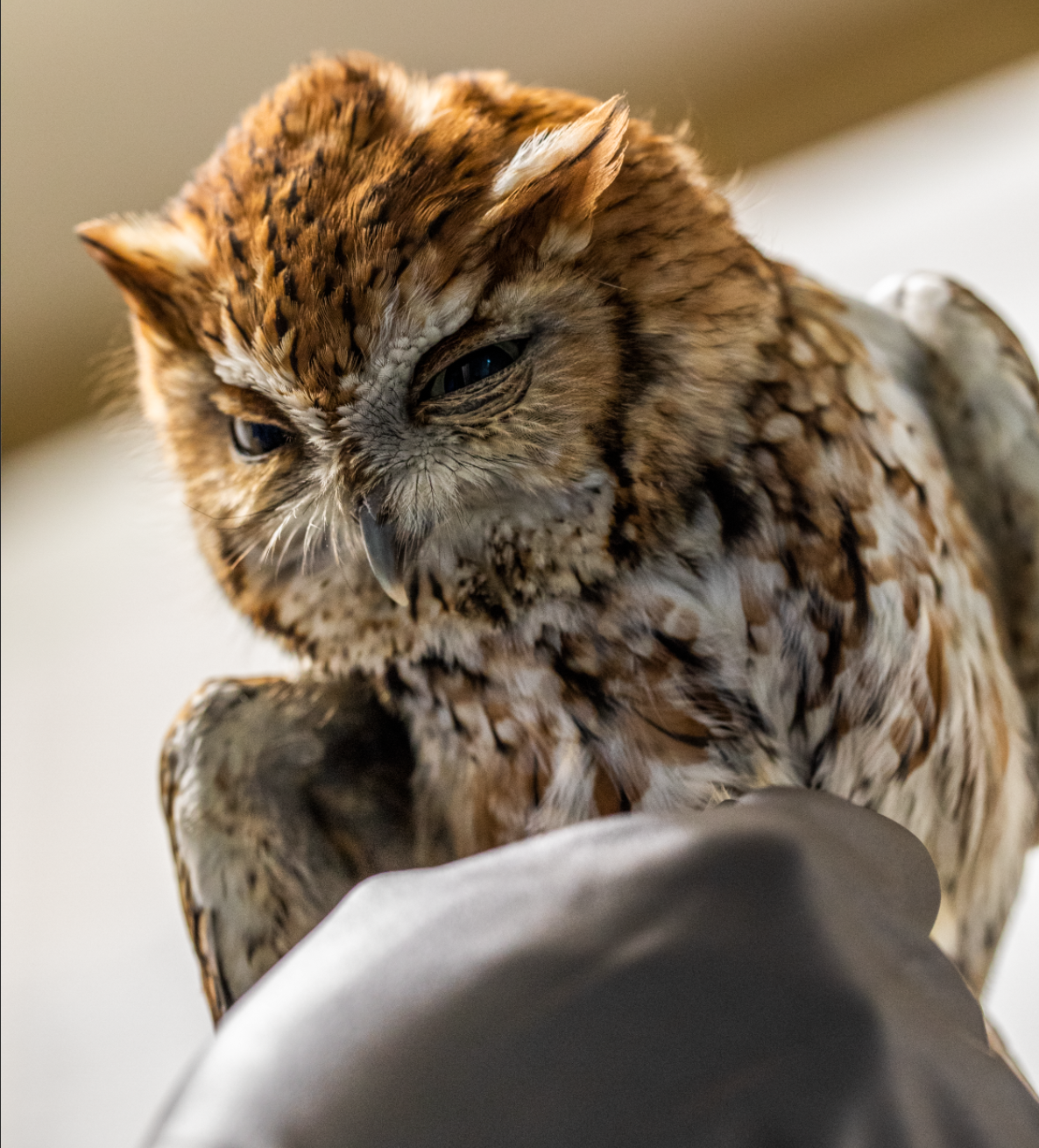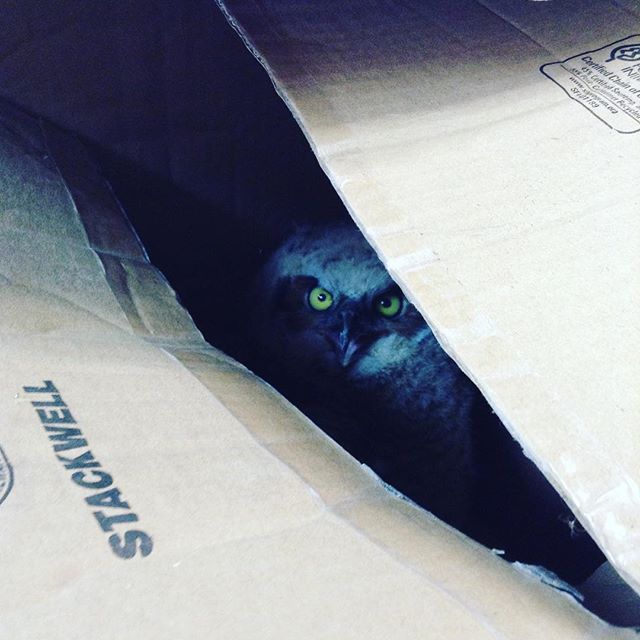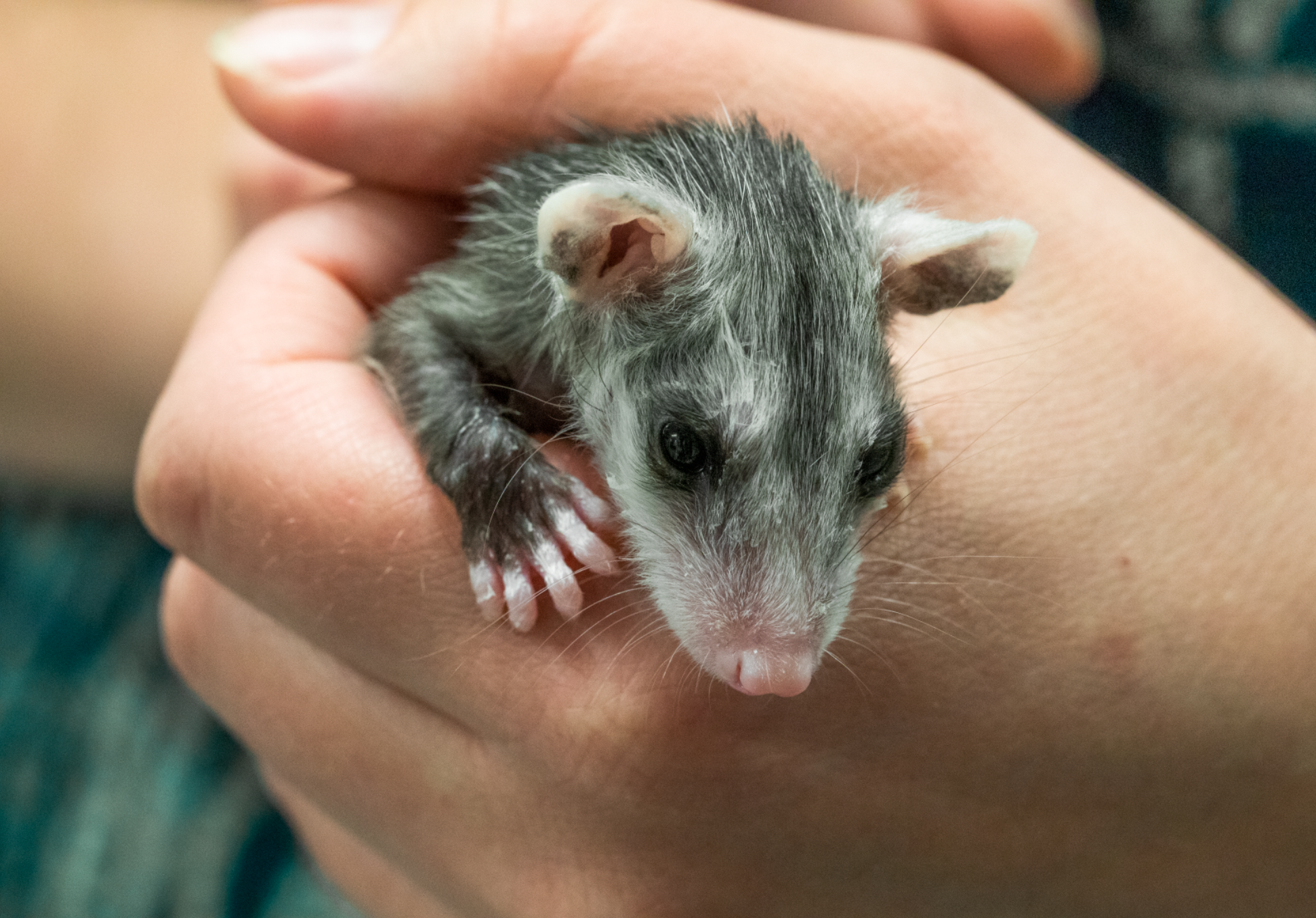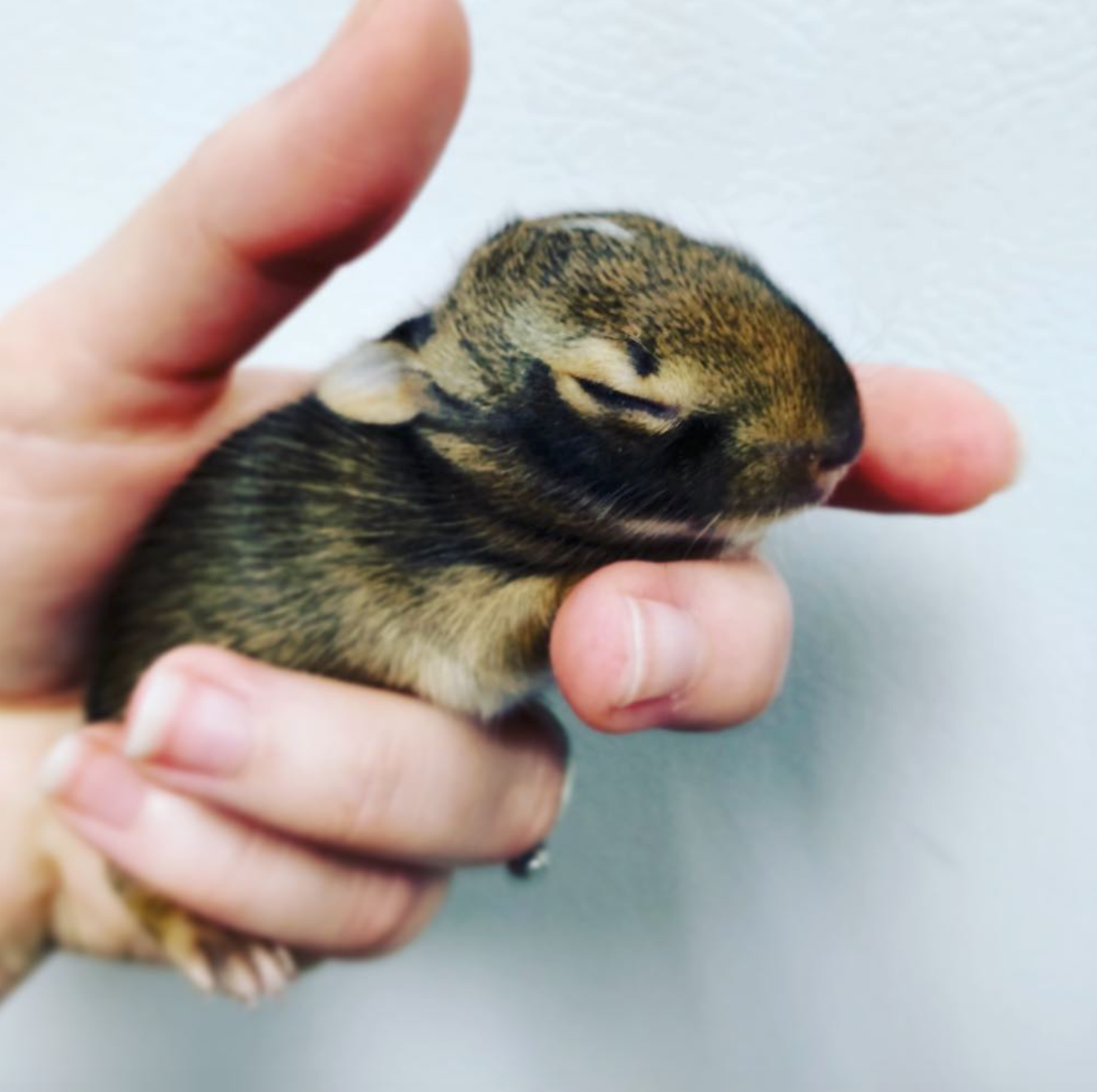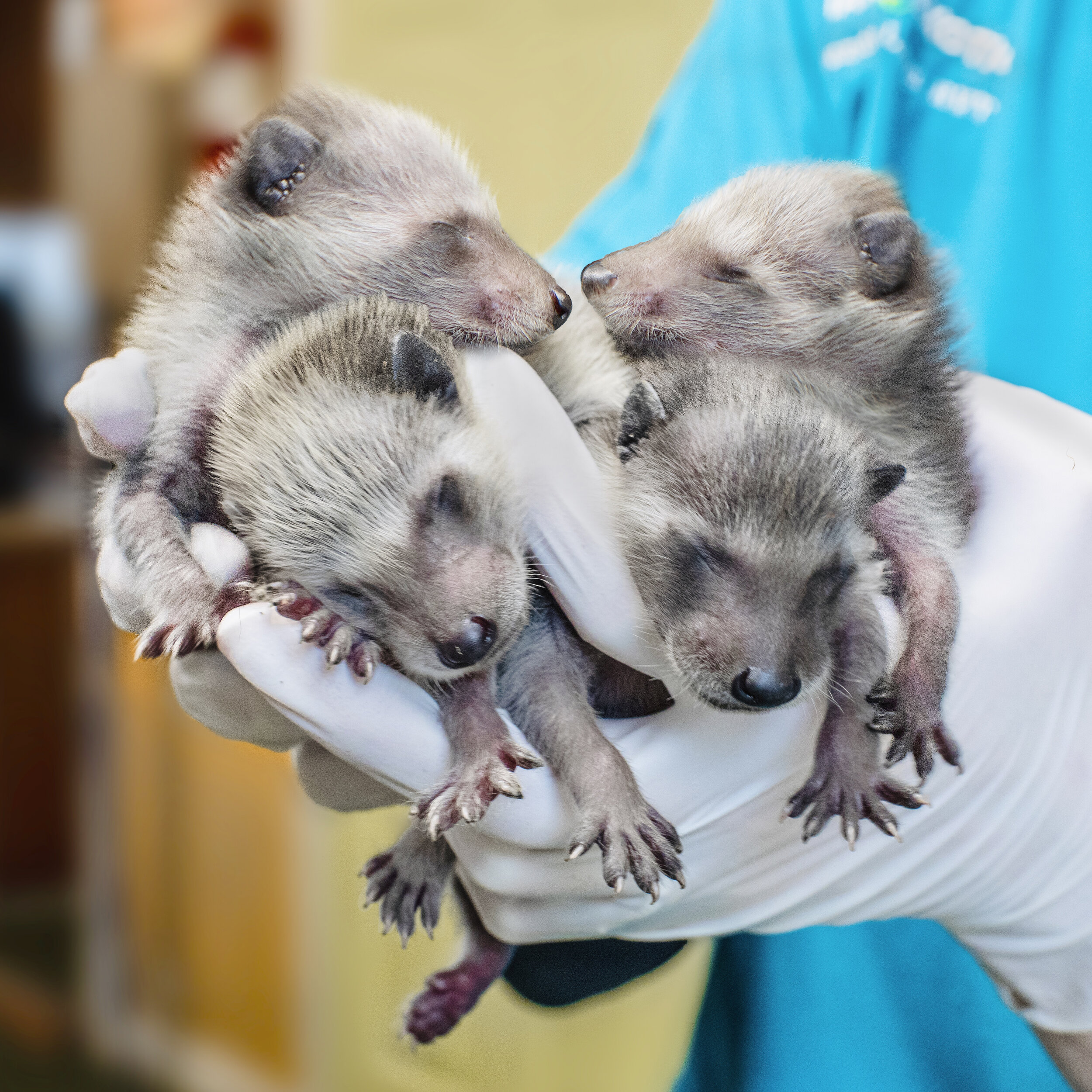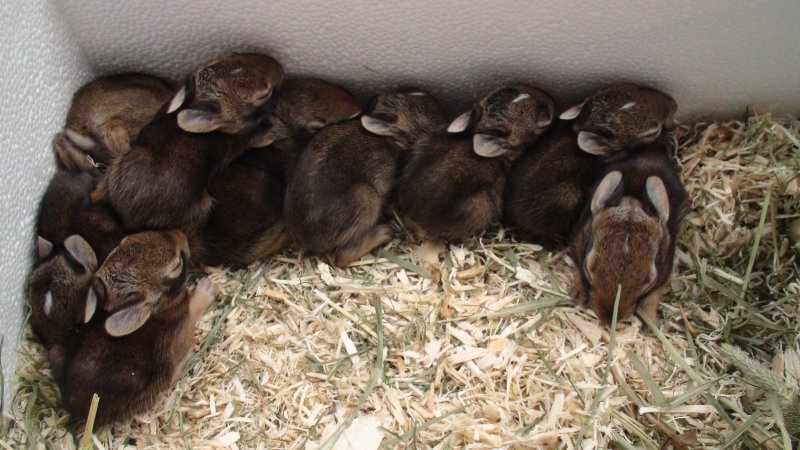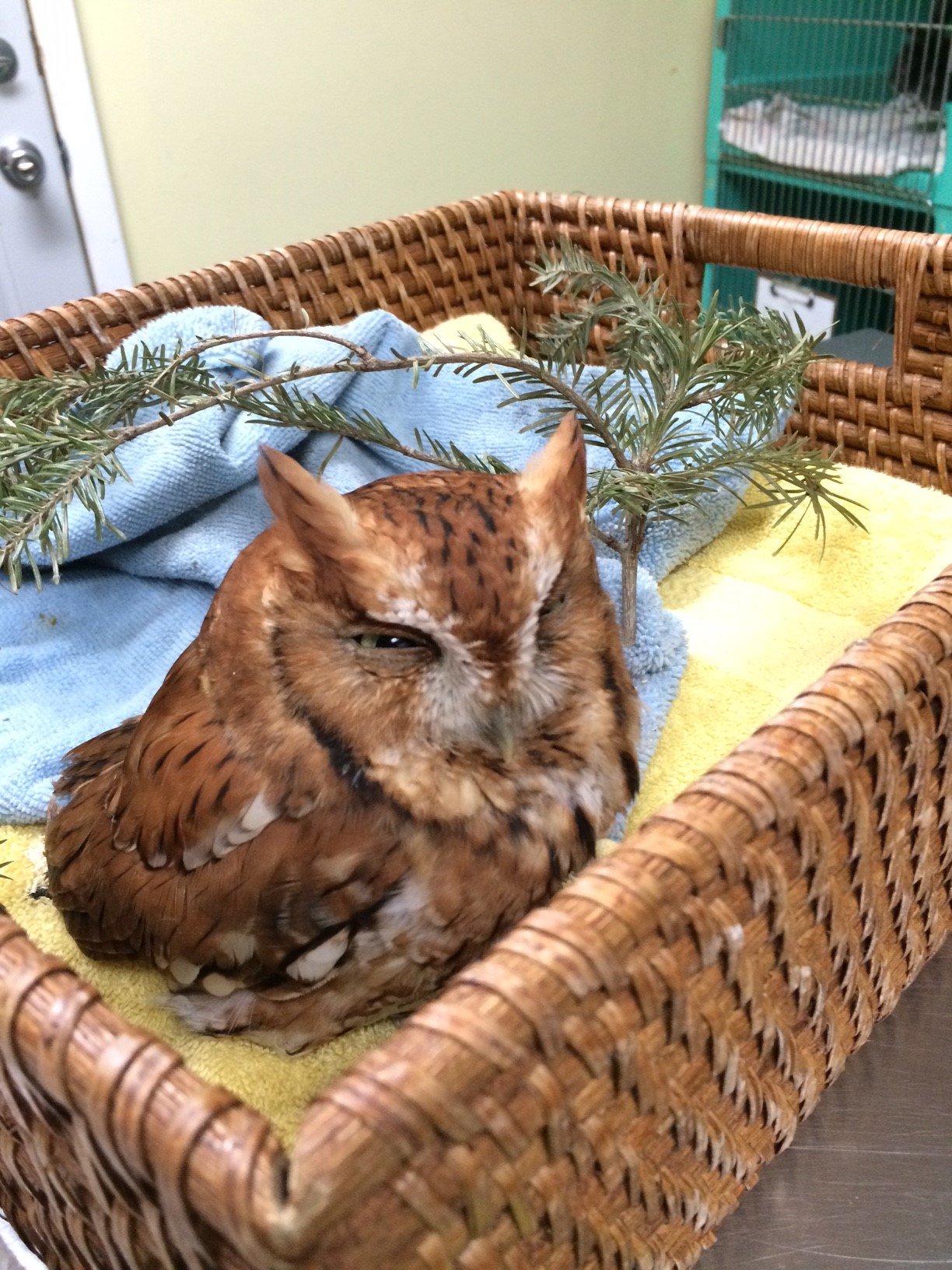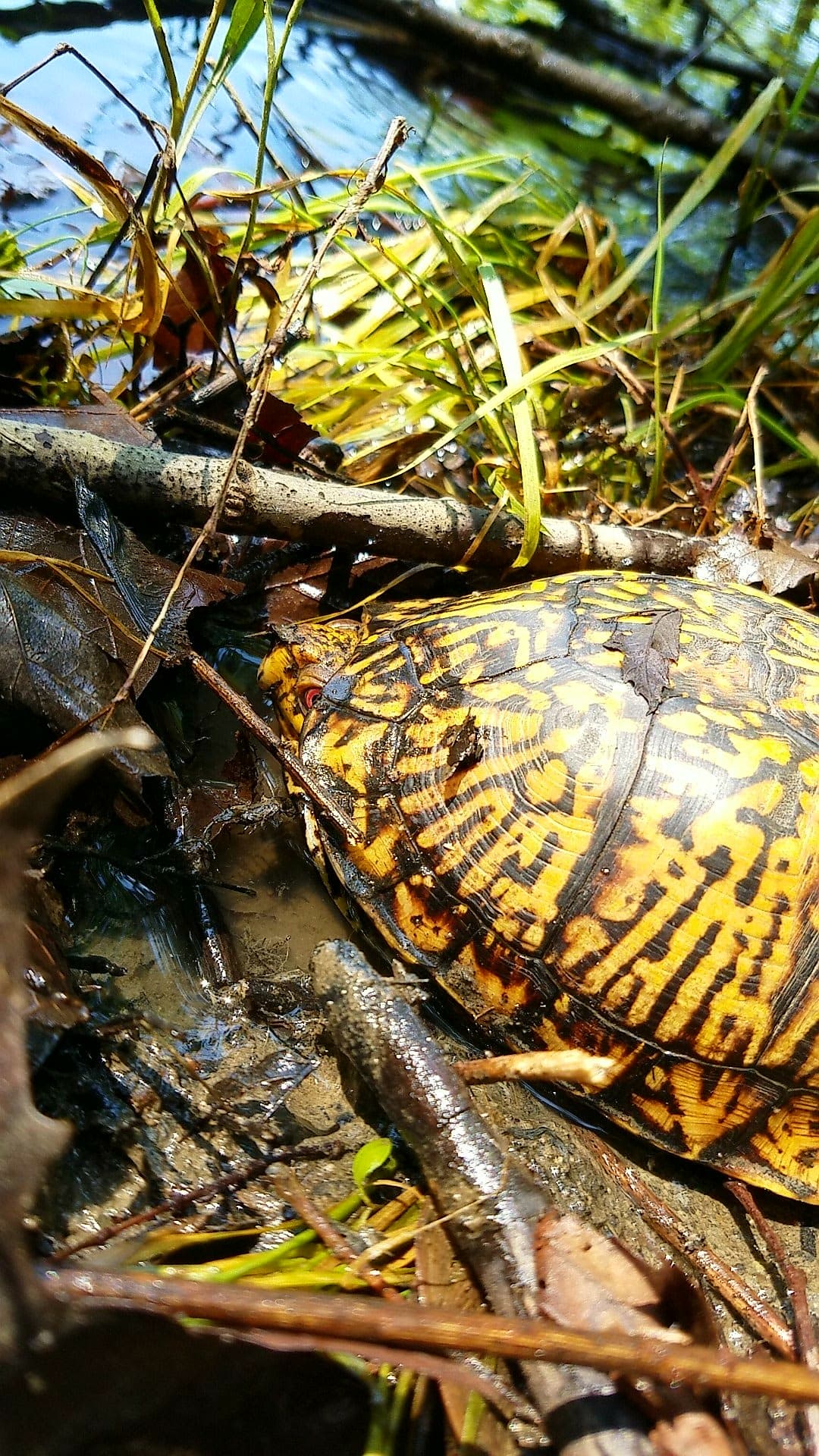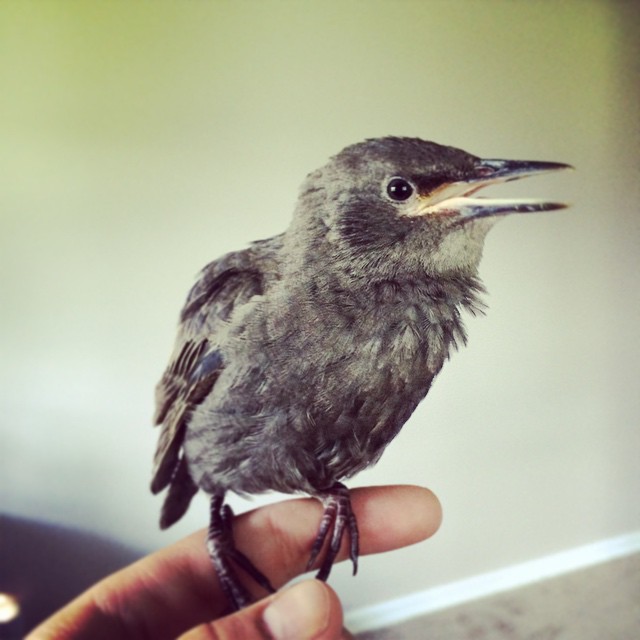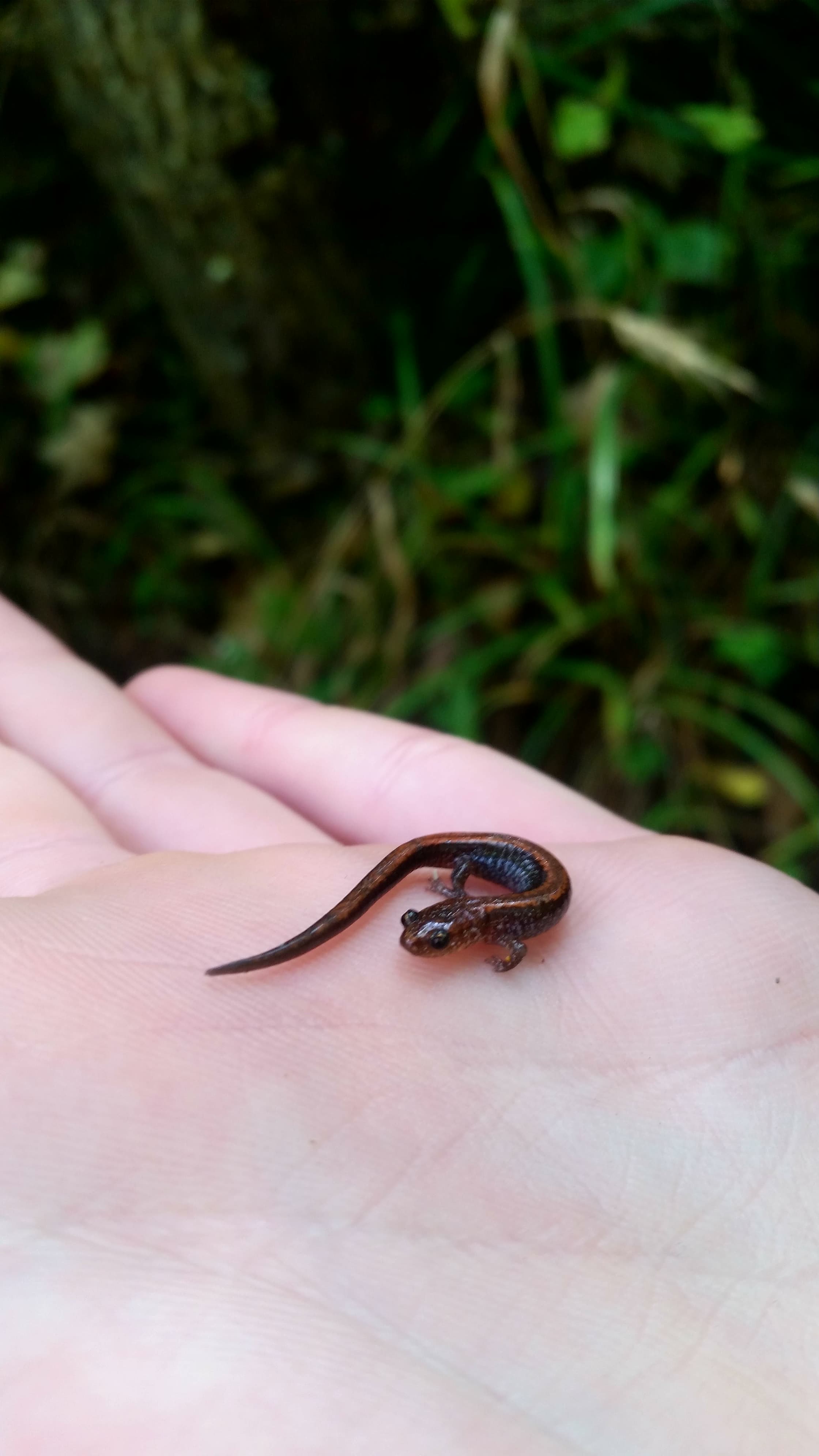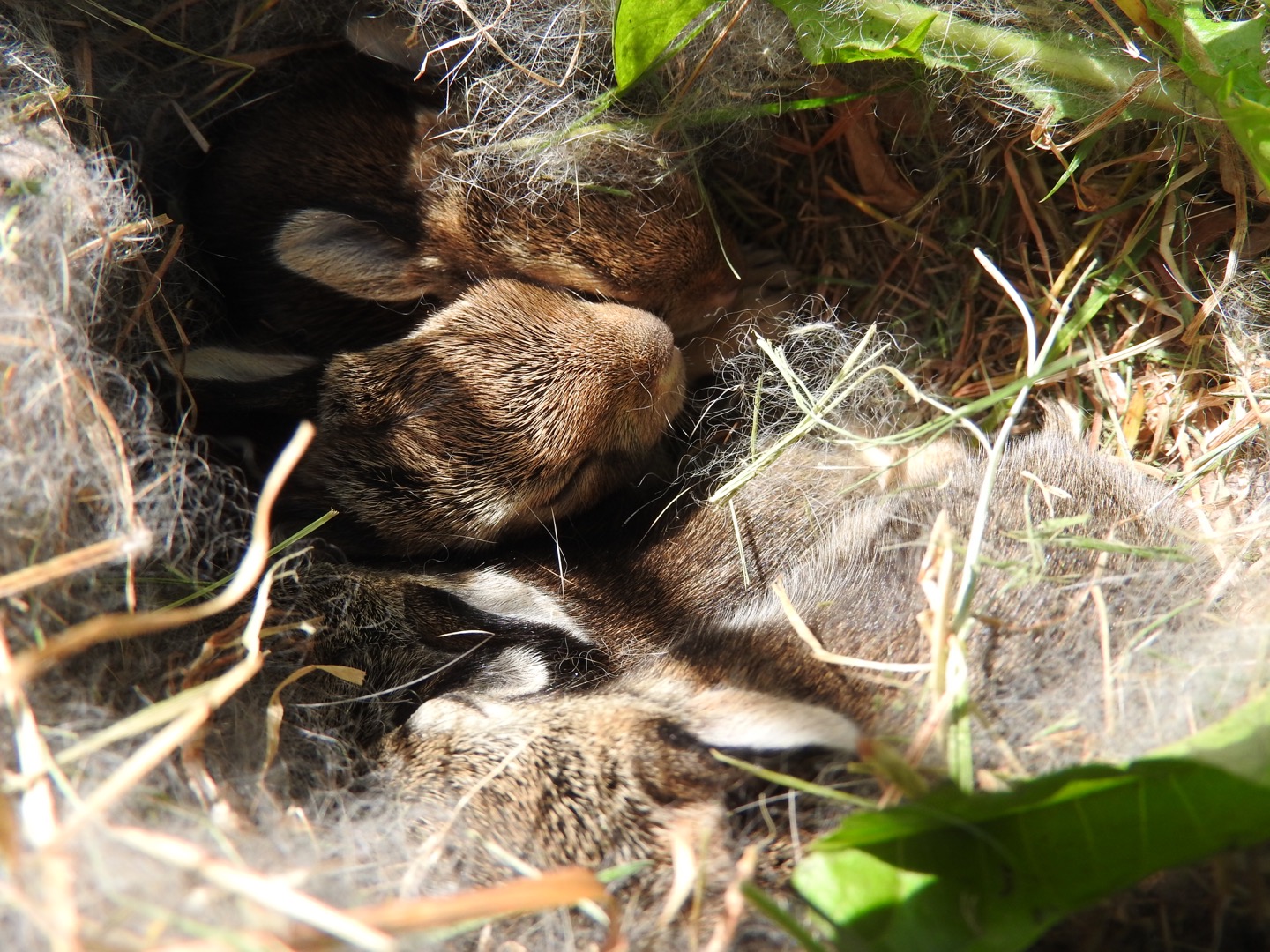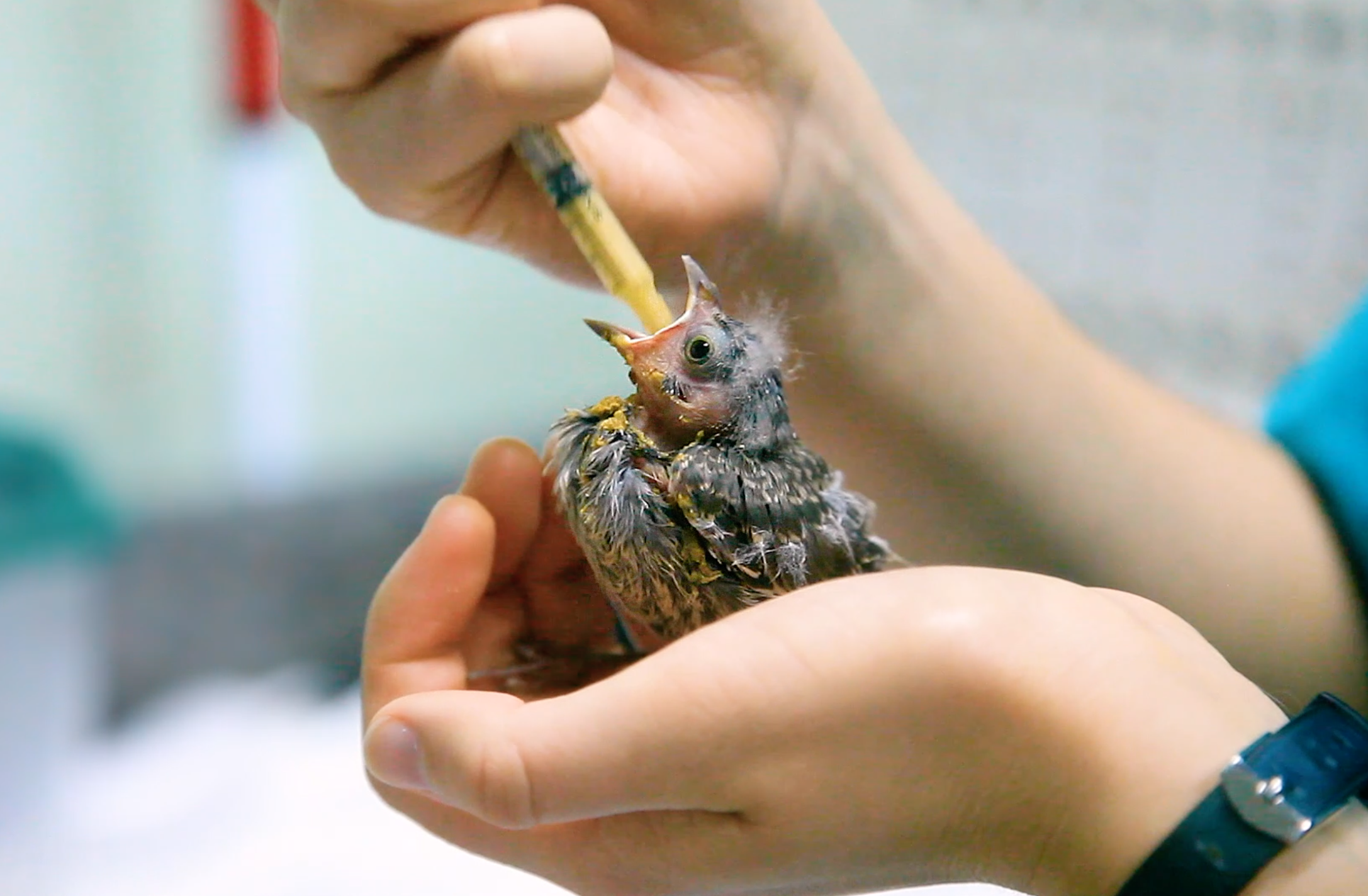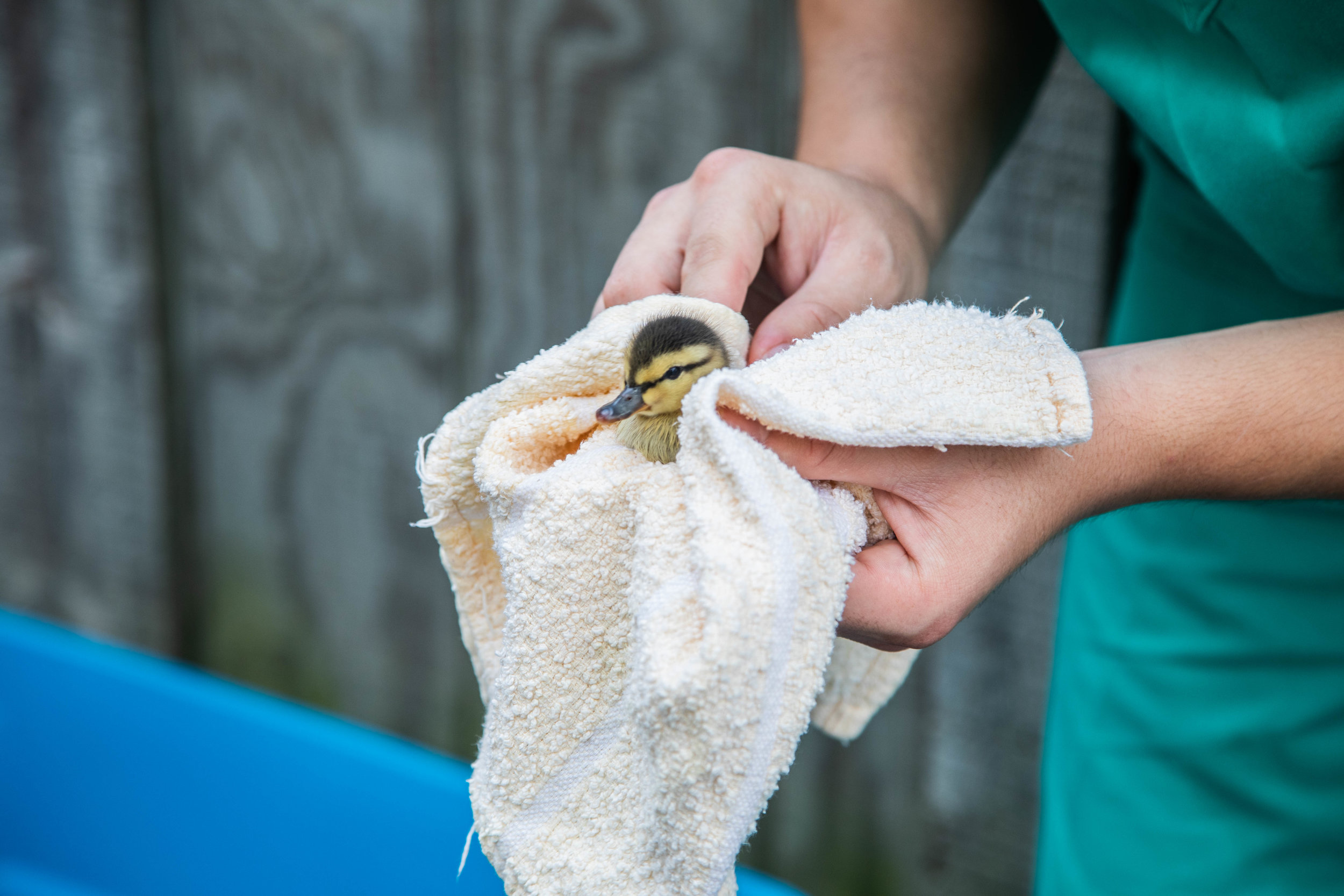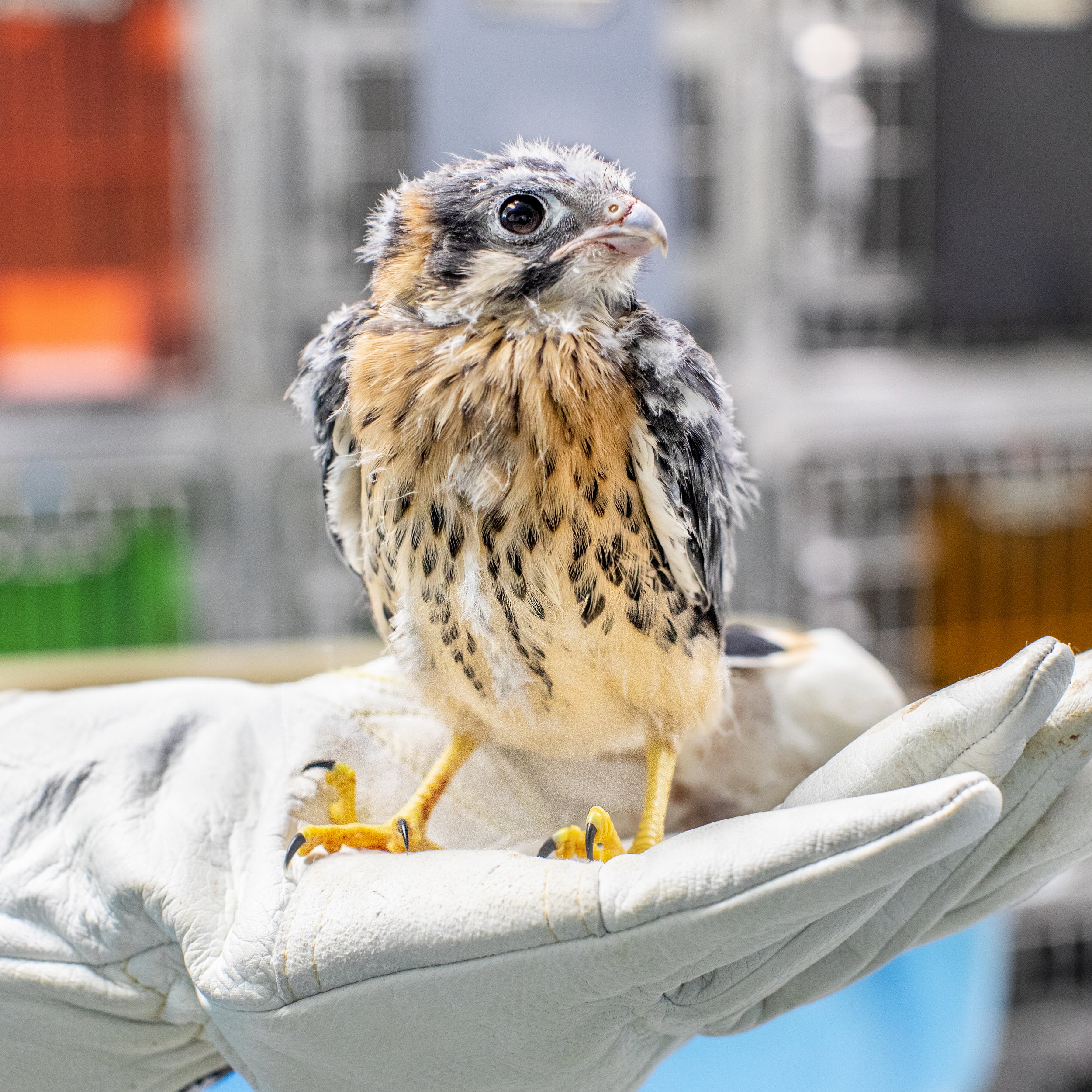All About Indiana Wildlife
Donations
While we do not charge for care of wildlife, donations are greatly appreciated!
Here is our Wildlife Donation Wishlist:
Towels, washcloths
Paper Towels, bleach
Heating pads
When donating through our website, please use the word "WILDLIFE" in place of an invoice number.
Thank you for your generosity!
Injured and orphaned wildlife
This very young rabbit has his eyes open and ears up. If found outside the nest, he is ready to go out on his own, regardless of his small size.
Not all wildlife needs rescuing! Please call or text us with questions or see these helpful guides to determine if the animal you have found needs help.
We provide care for injured and orphaned native wildlife that has been found outdoors by the public. Injured wildlife can be dropped off at the clinic anytime during regular business hours. Orphaned babies should be taken directly the wildlife rehabilitators, if possible. Please note: we cannot legally return native wildlife to non-licensed individuals.
We are sorry, but due to the volume of calls, we do not take after hours emergency calls for wildlife. All after hours calls should be directed to state and federally licensed wildlife rehabilitators who are trained to provide emergency care and will transport them to the clinic for medical attention.
Please be advised that it is illegal to capture and keep native Indiana wildlife for any reason, other than to rescue and transport them to licensed wildlife rehabilitators. Most wildlife do not make good pets, and some can cause severe injury to would-be rescuers.
We are able to accept injured wildlife Monday through Saturday 9-5 pm, except for when we close for lunch everyday 12-1 pm, and on Wednesdays, when we close 12-2 pm for staff training.
These baby birds are still in the nest and are not ready to leave. If the nest can be identified, they can be safely returned. If not, they should be delivered to a licensed rehabilitator.
Indiana licensed wildlife rehabilitators:
The best possible thing you can do for a wild animal in need is to connect with a licensed wildlife rehabilitator as quickly as possible. They will give the animal the best possible chance for long-term survival.
Wildlife rehabilitators are licensed individuals who have gone through special training in order to care for and eventually release injured or orphaned wildlife. It is illegal to keep wildlife without a license or permit. Well-meaning members of the public can actually cause stress, illness, or even death attempting to care for wildlife, and some animals carry disease or can cause injuries to humans.
Wildlife rehabilitators are trained in handling, proper diet, recognition of disease, and can determine when orphaned wildlife know how to find food and survive once released back into the wild. They work with veterinarians and DNR guidelines to determine when animals are ready to be released. Orphaned wildlife that are accustomed to people, have no contact with others of their own species, and do not know how to find food and shelter on their own will likely not survive once released.
Find a licensed wildlife rehabilitator in your area on the Department of Natural Resources website.
Are you a licensed wildlife rehabilitator interested in working with us? Click here.
Tips for Handling and Transporting Wildlife
Most wildlife species do not tolerate being handled by humans well; some can even die from the stress of just being picked up!
Please do not offer any food, water, formula, or medications to wildlife without first consulting AEAC or a licensed rehabilitator.
Handle them for as short a time as possible.
Place them in escape-proof containers for transport. Cardboard boxes with natural bedding like grass clippings or nesting materials work well. For larger animals, consider using opaque plastic bins or trash cans.
Keep them in a quiet, dark place.
Do not let children handle them.
For orphaned baby mammals, provide gentle supplemental heat like a hot water bottle under a towel or a heating pad on the lowest setting under part of the box.
Be sure the box is secured safely for transport. Unconscious animals can wake up during the trip!
Some species can pose dangers to their rescuers. All adult animals and birds of prey should be handled very carefully. Injured adults can be carefully picked up with a shovel or bundled in a large towel and placed in a box or tub. When in doubt, call a wildlife rehabilitator for help!
Wildlife as Pets
The vast majority of native Indiana wildlife do not generally make good pets. Most native species are protected and may not be legally kept without an appropriate permit. This applies even if people with good intentions rescue injured or orphaned wildlife. All injured and orphaned wildlife should be turned over to state and federally licensed wildlife rehabilitators who are trained to raise wildlife in such a way they can survive successfully in the wild.
If you call our clinic requesting services for injured or sick wildlife that are being kept without a permit, we can offer only two choices:
1. Contact the Indiana Department of Natural Resources immediately to obtain a legal permit. Once a permit is issued or we receive verbal permission from the DNR, we can treat the animal as a pet. Normal charges for services will apply.
2. Permanently relinquish the injured or sick animal for evaluation and treatment. The clinic will follow guidelines set by the Indiana Department of Natural Resources. There are no charges for care, comfort, and treatment of the injured or sick animal.
Asking us to treat and return illegally held wildlife is asking us to participate in an illegal act. If you have any questions regarding the legalities of owning Indiana wildlife, please contact the Department of Natural Resources at (317) 232-4200 or on their website at in.gov/dnr.

